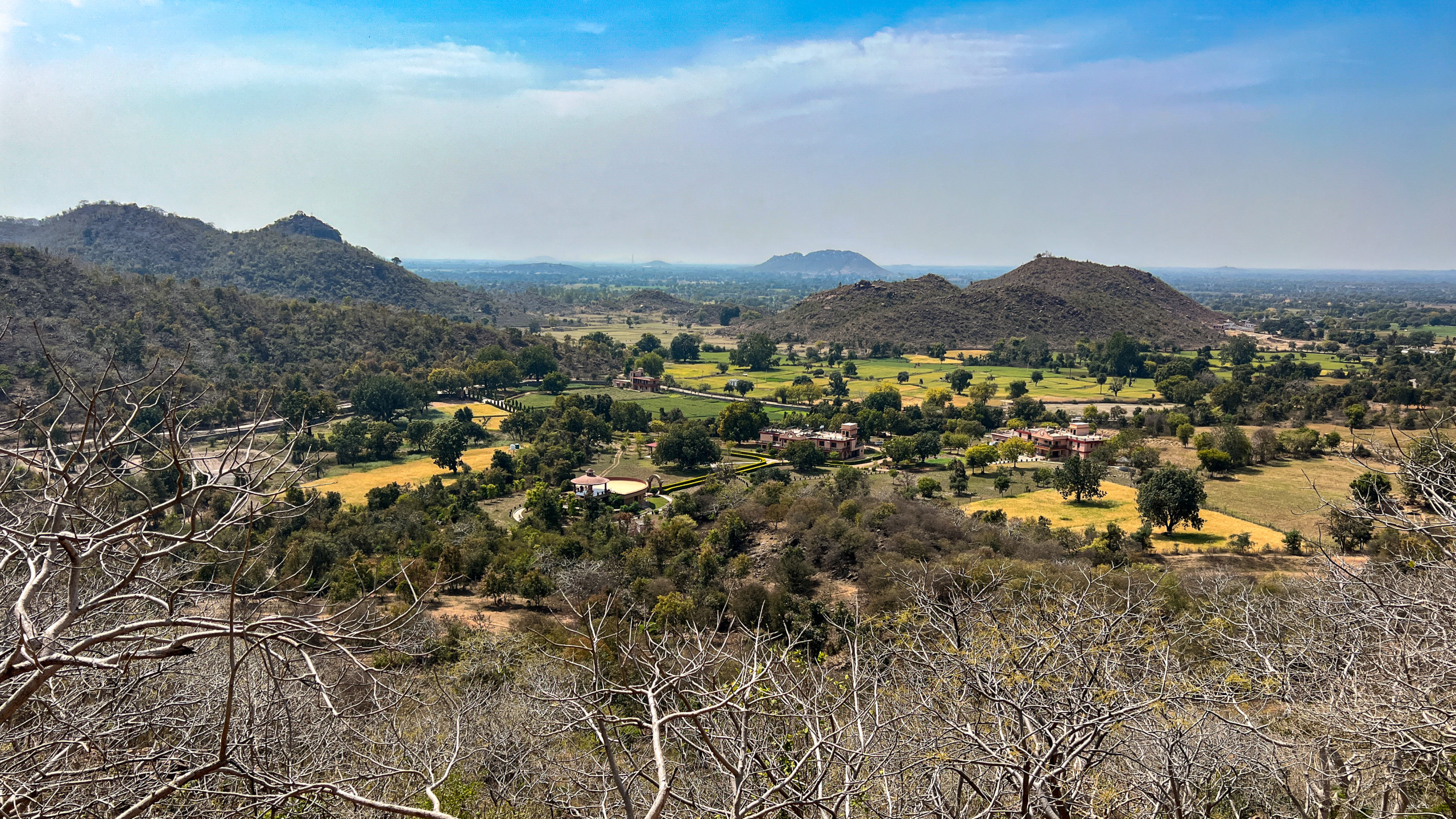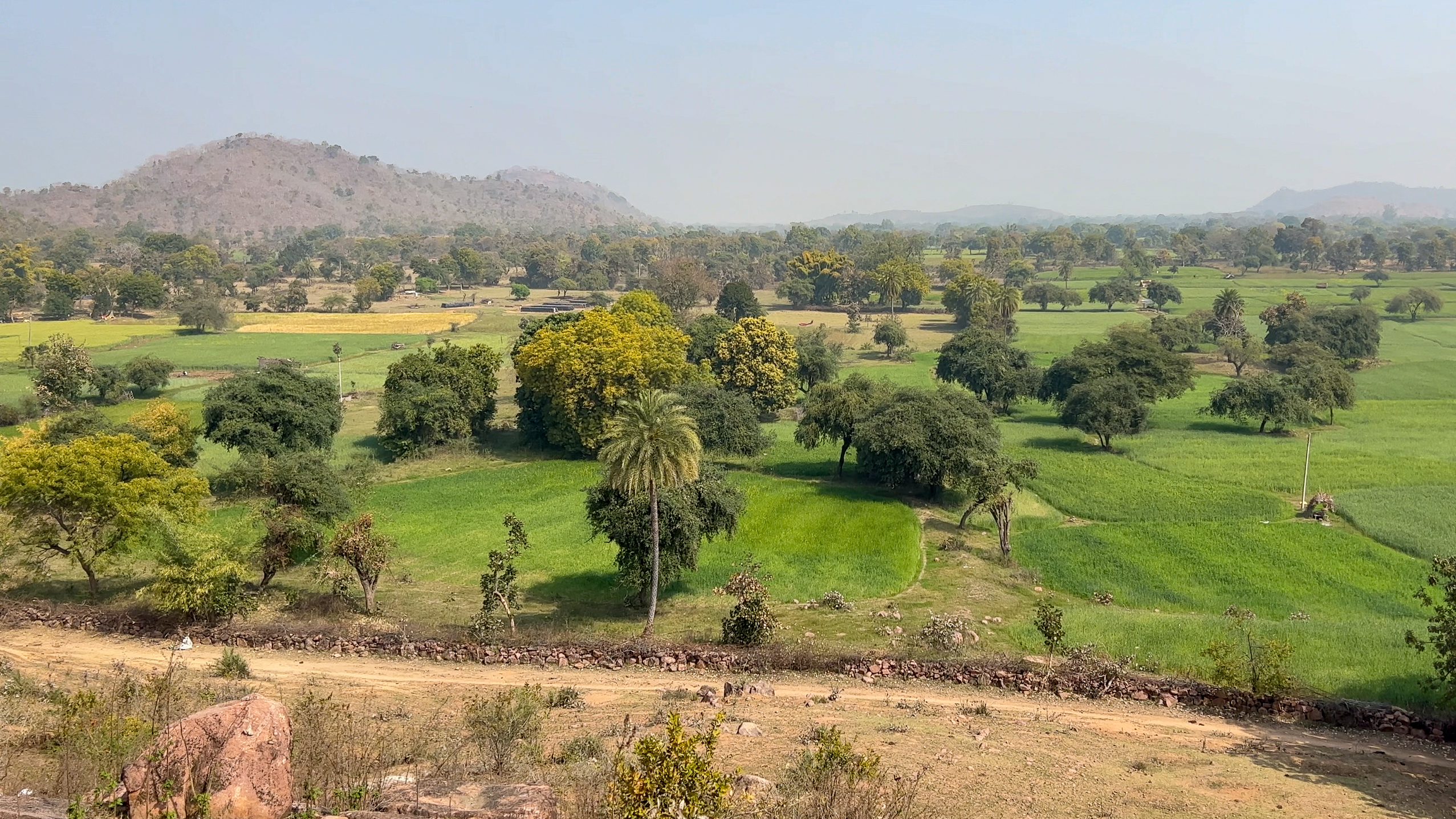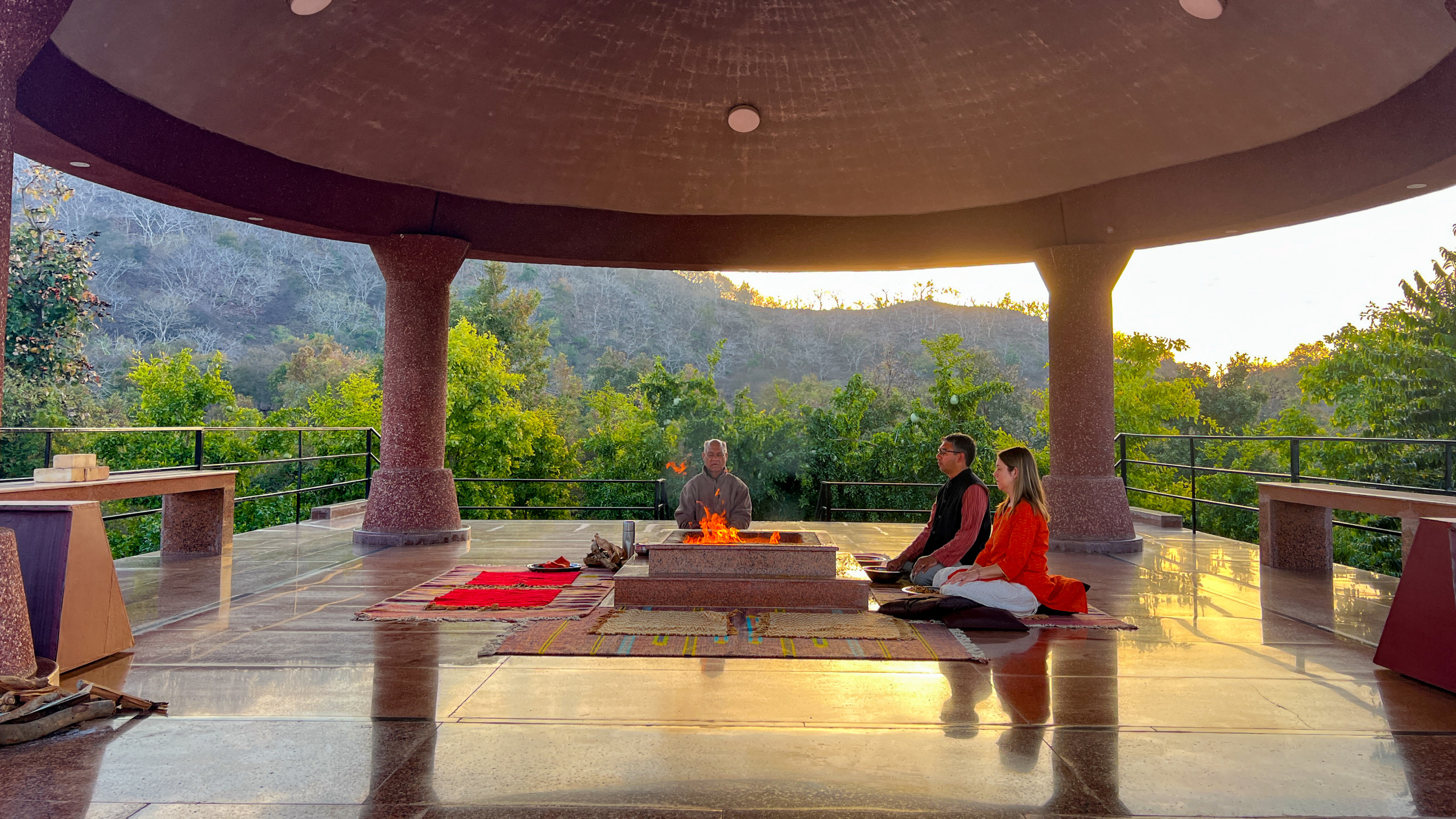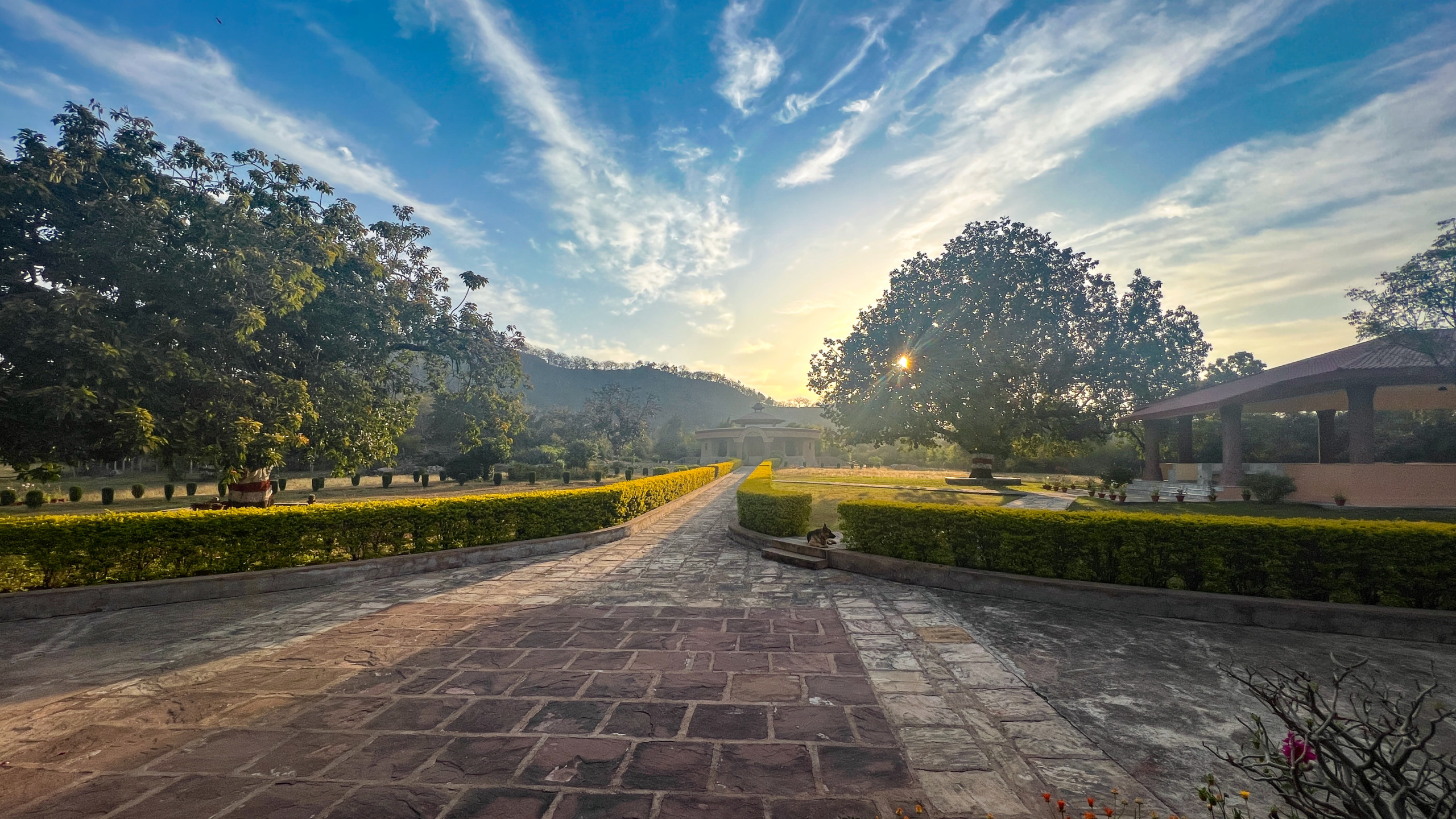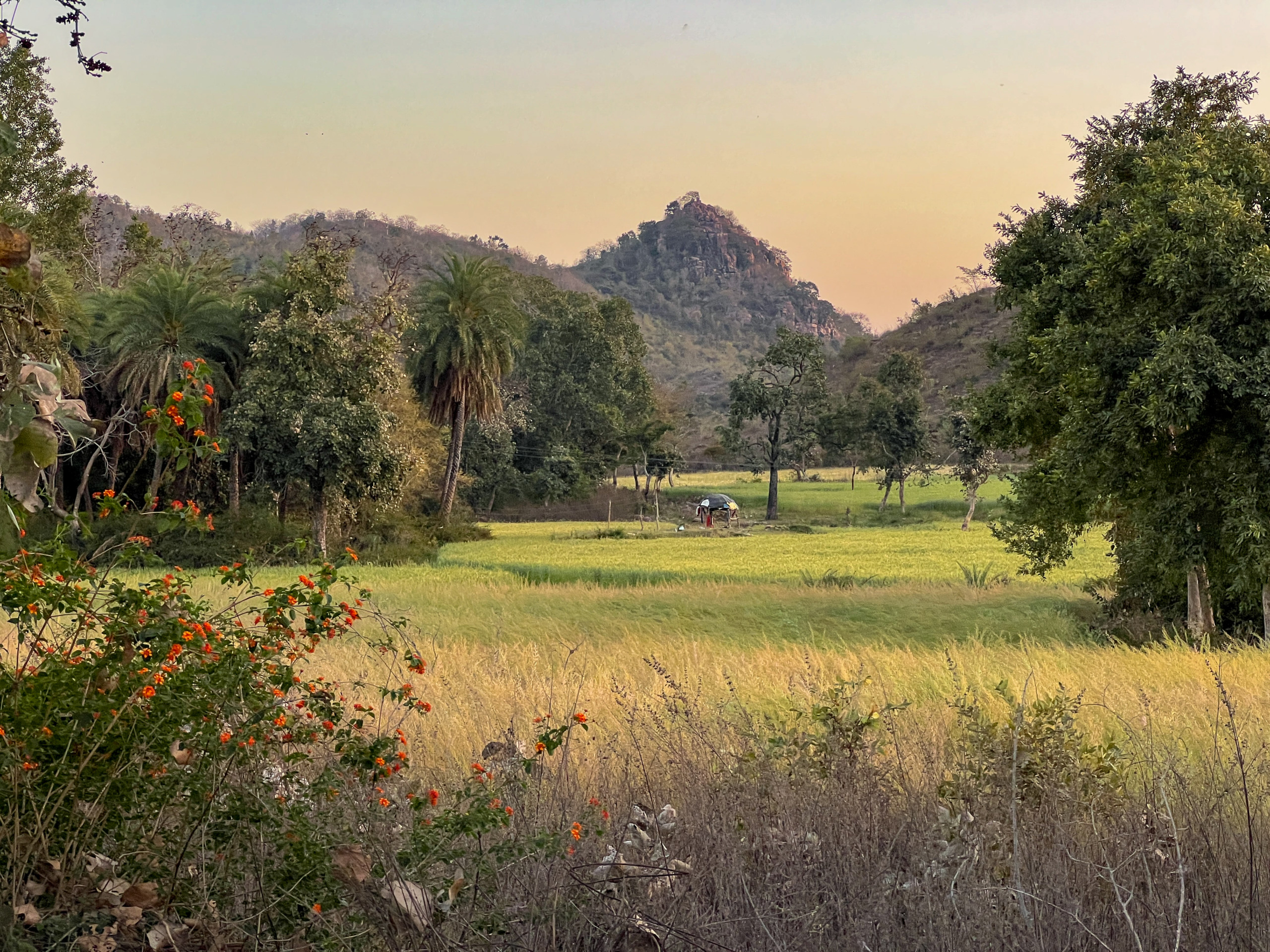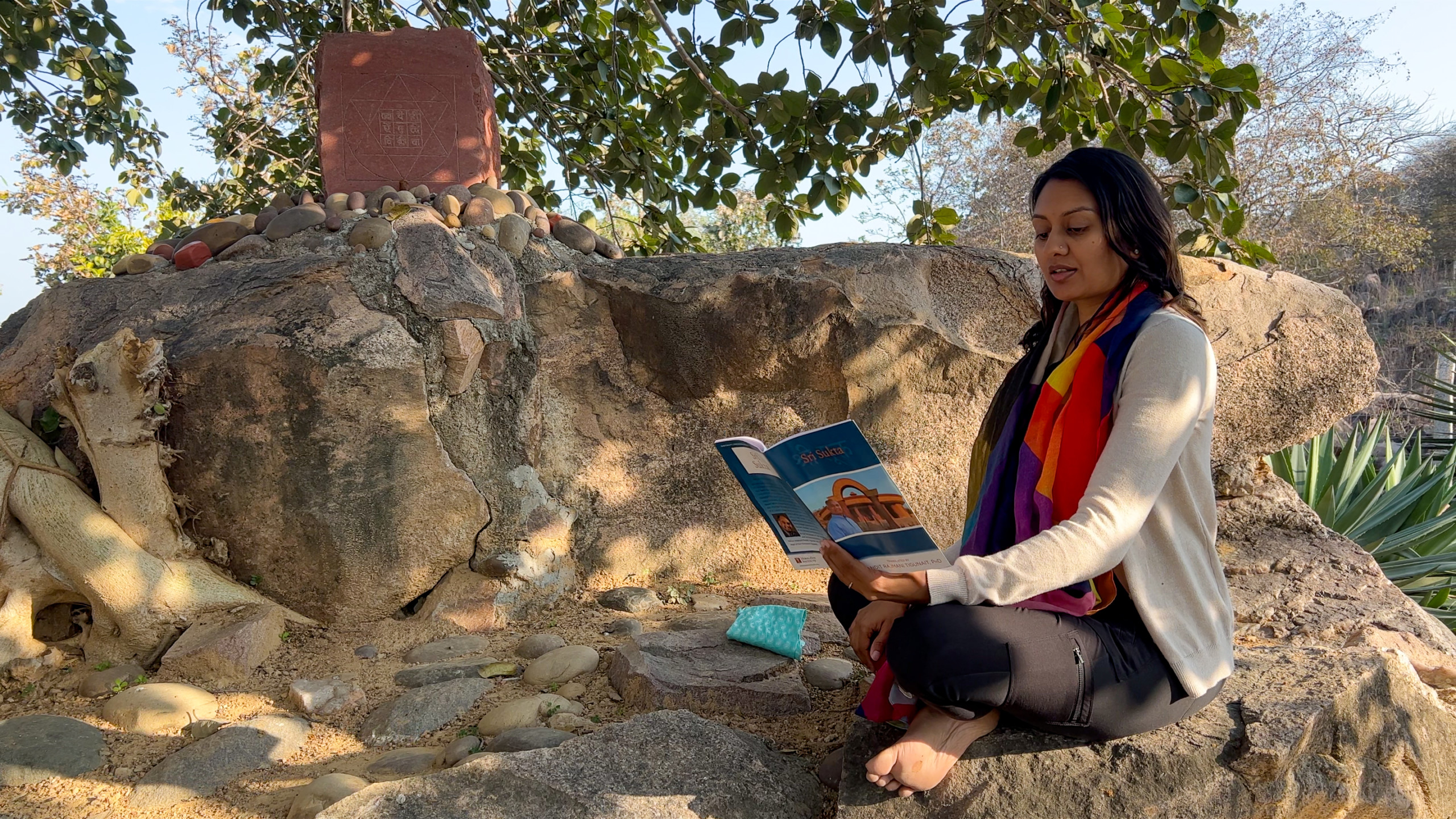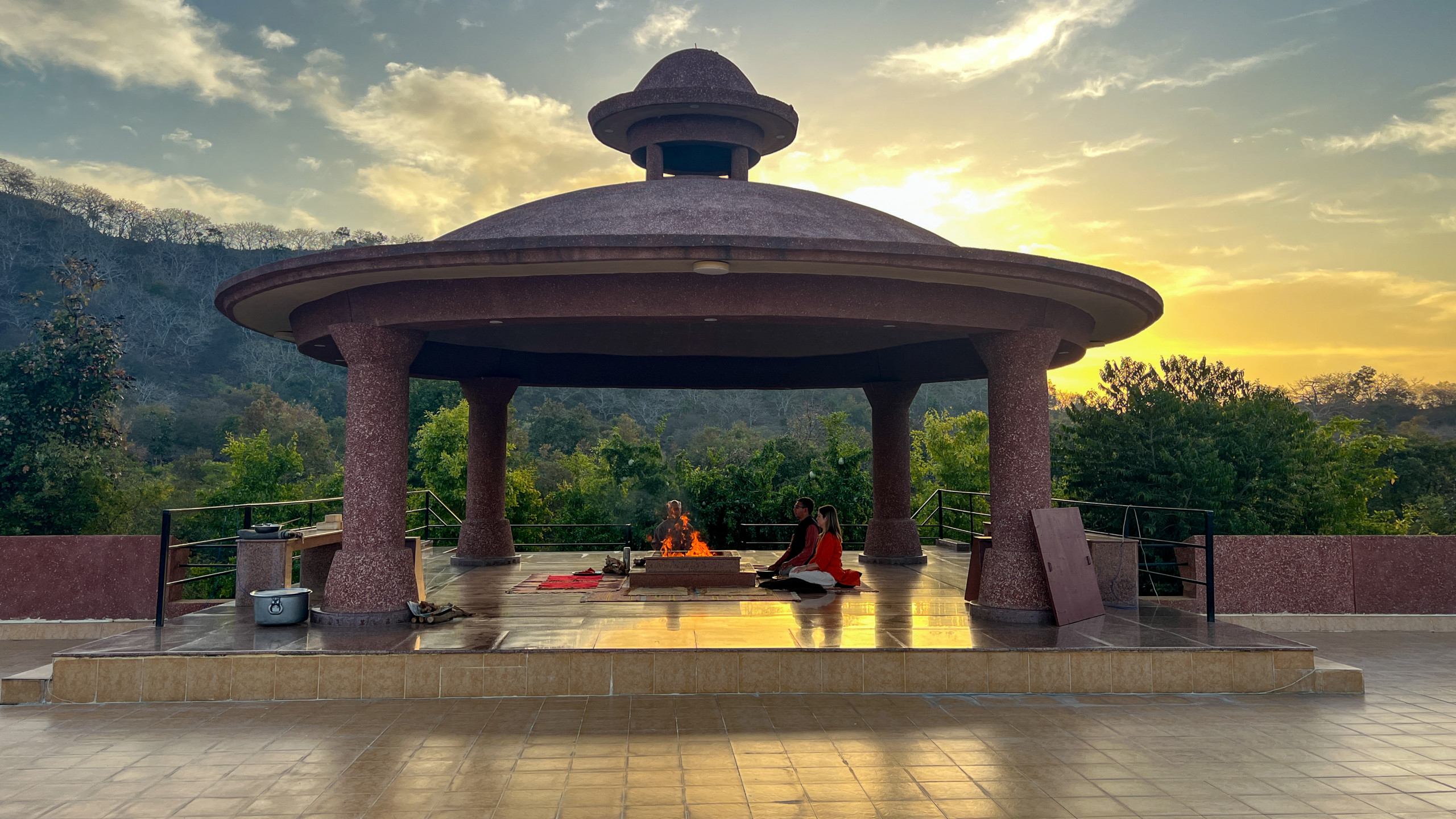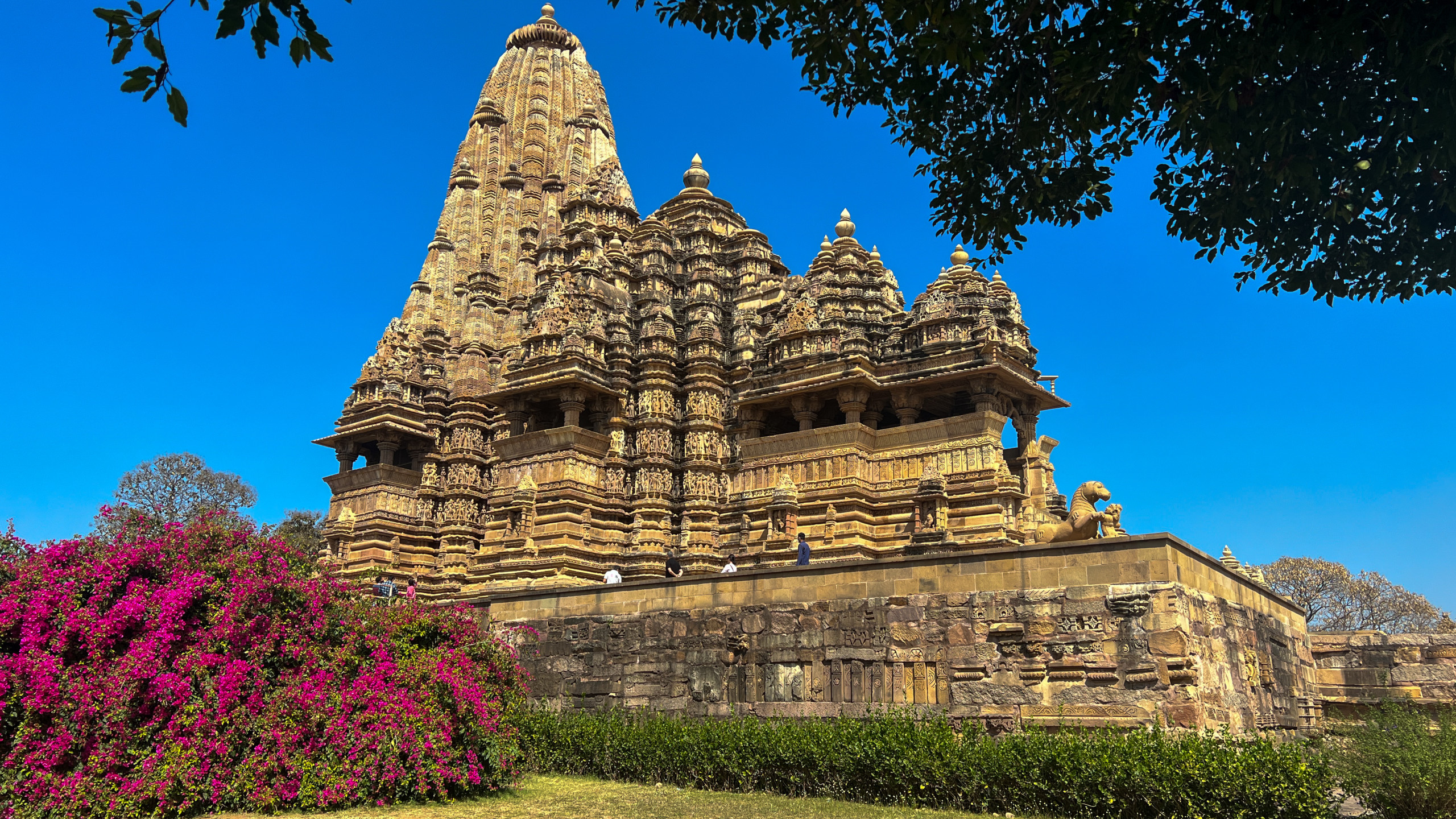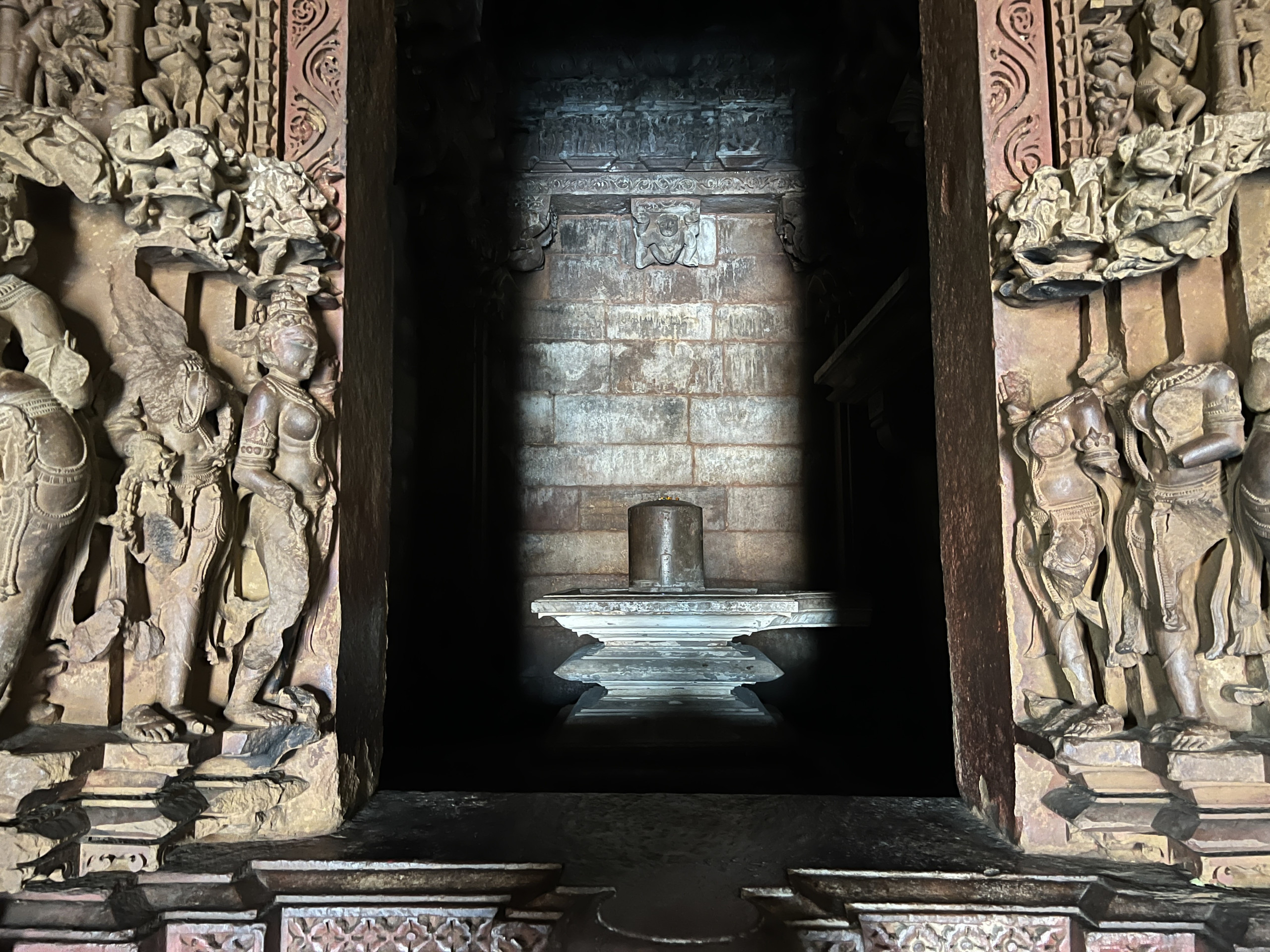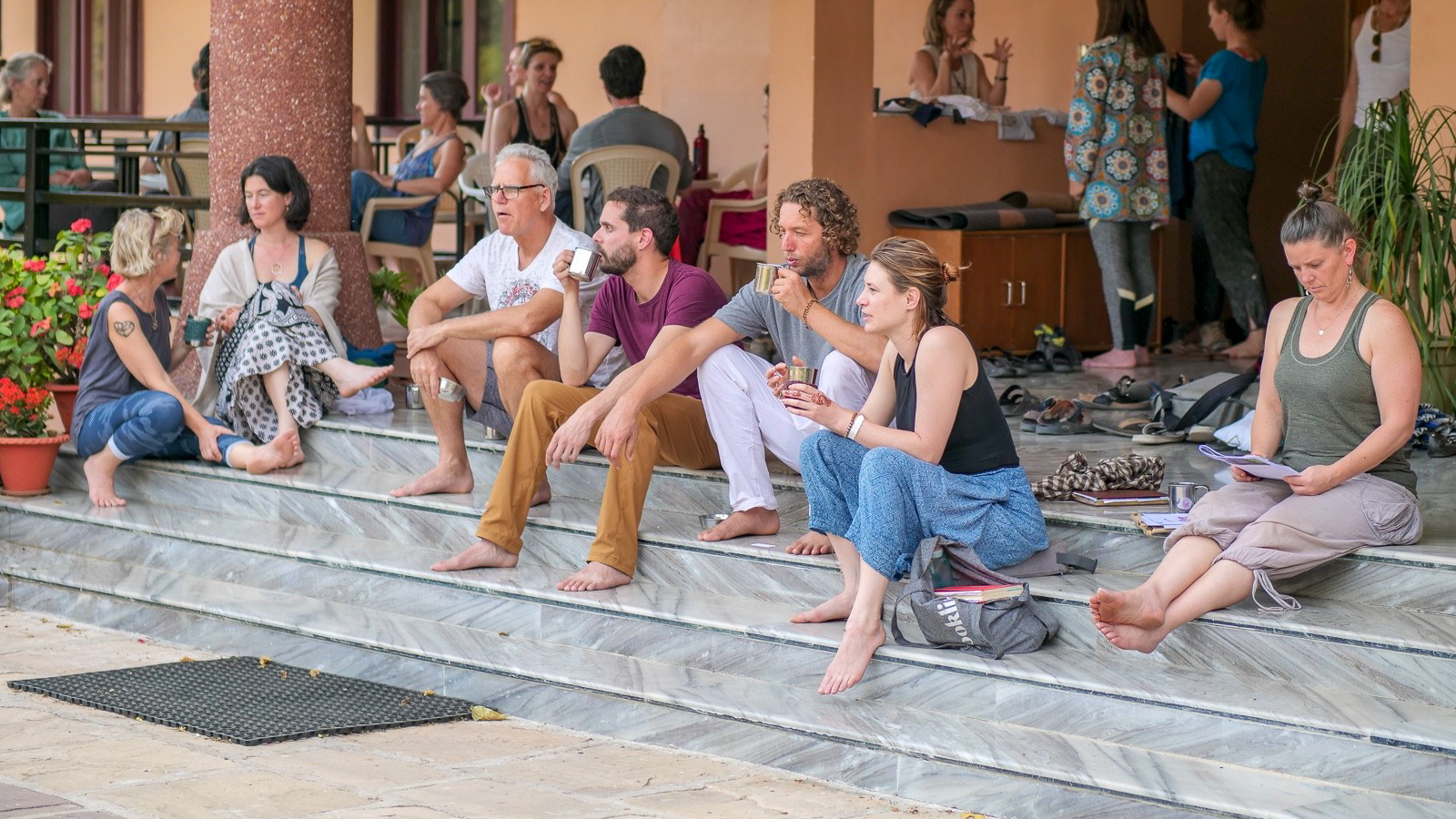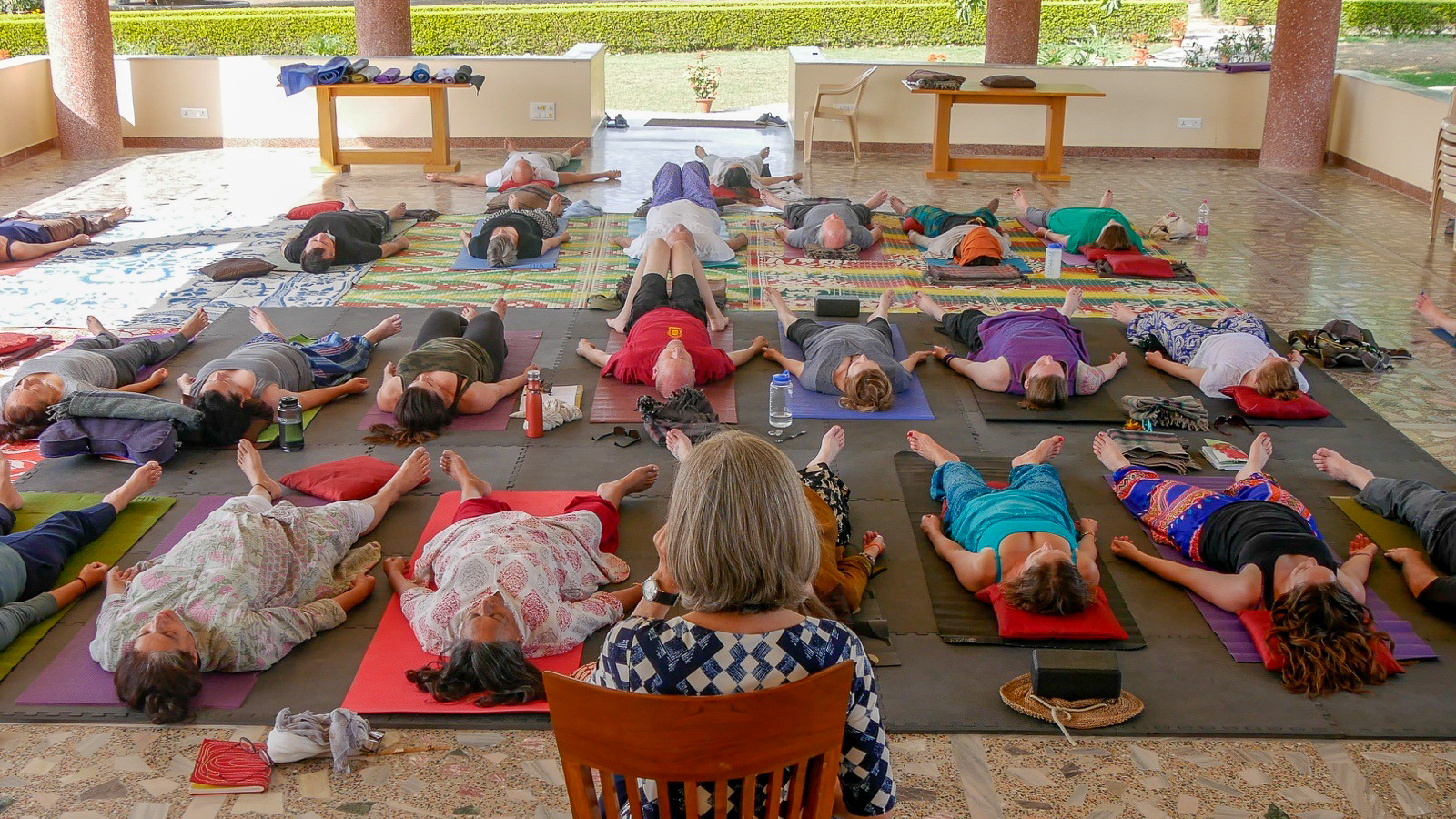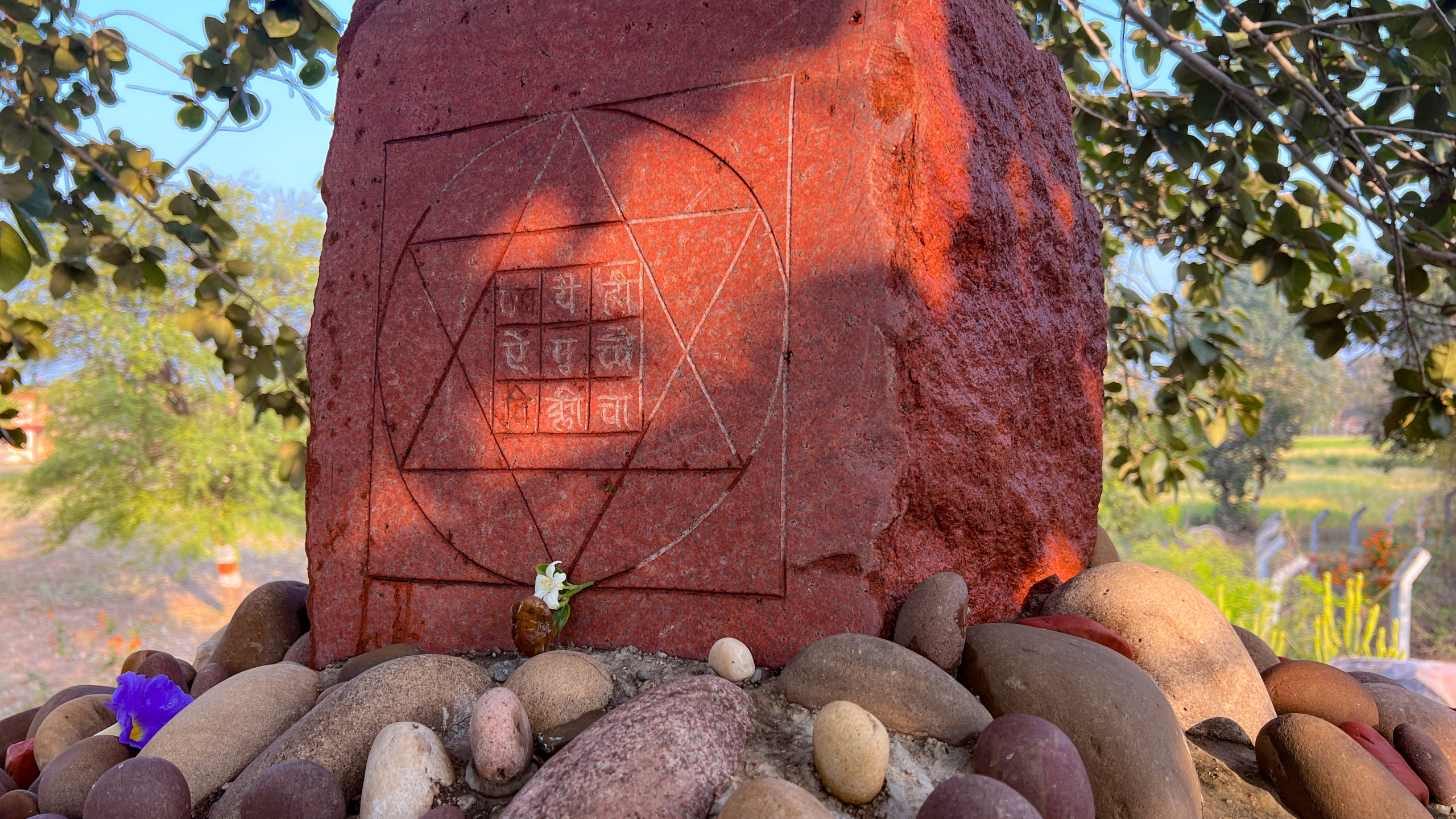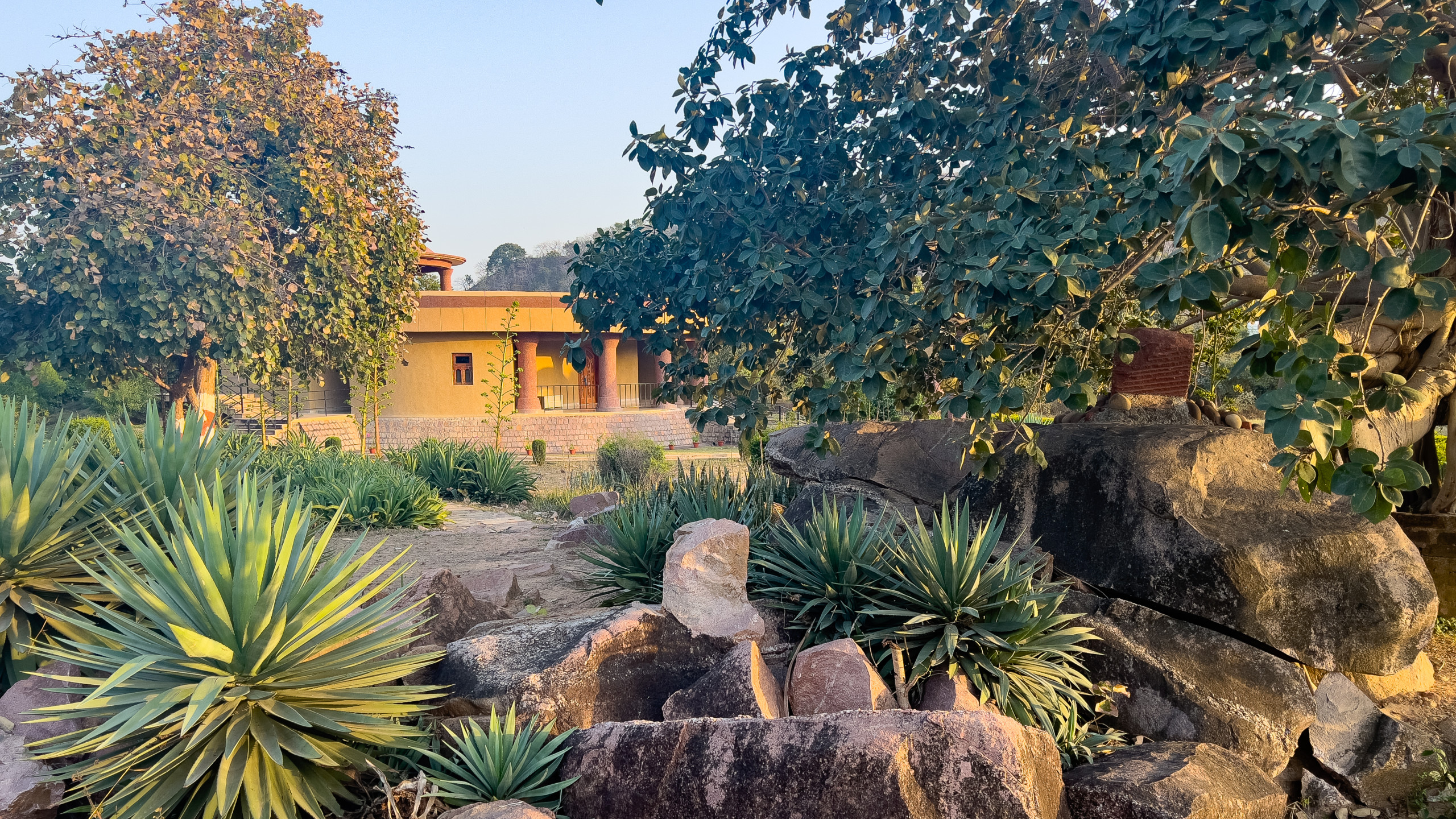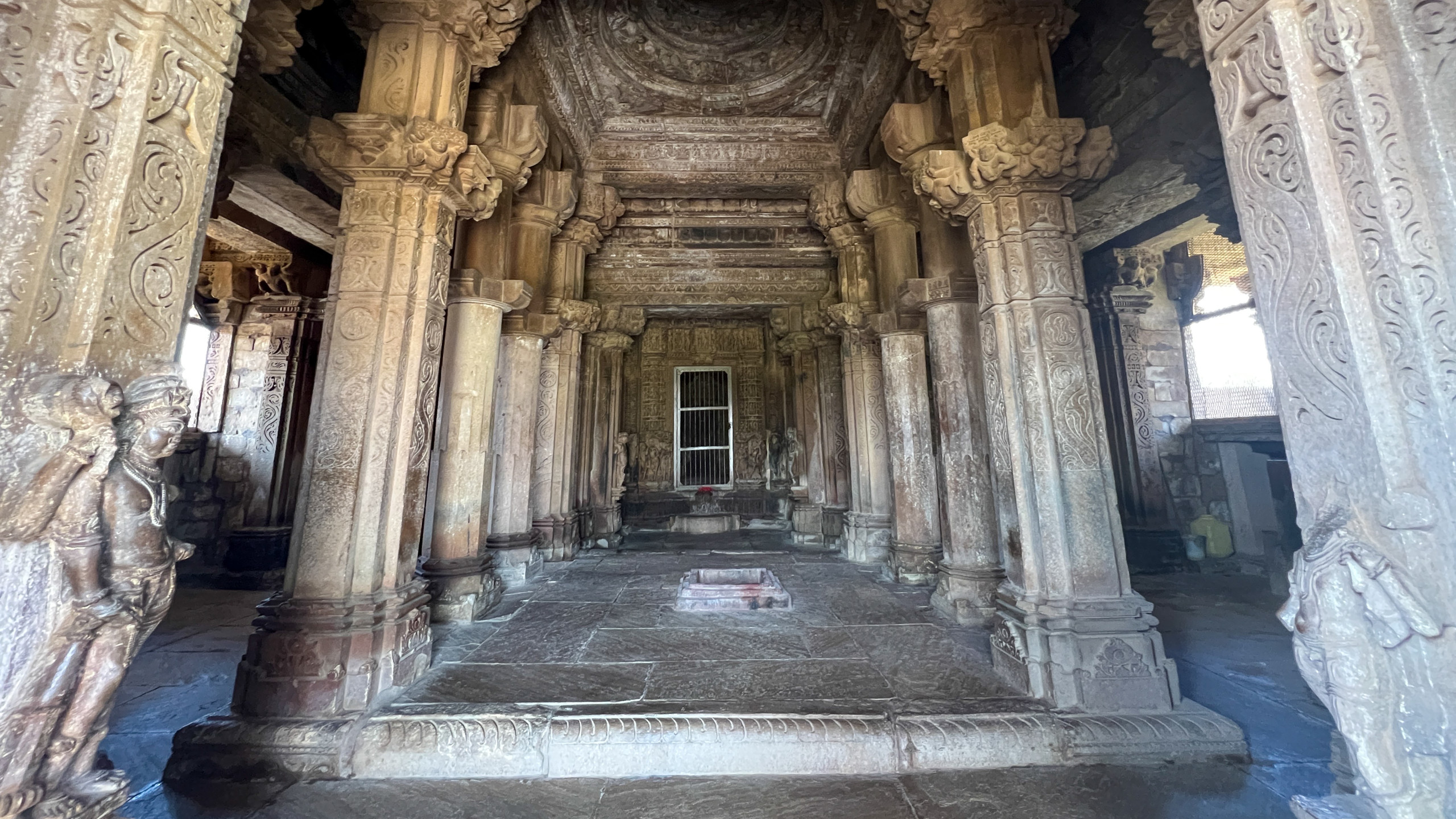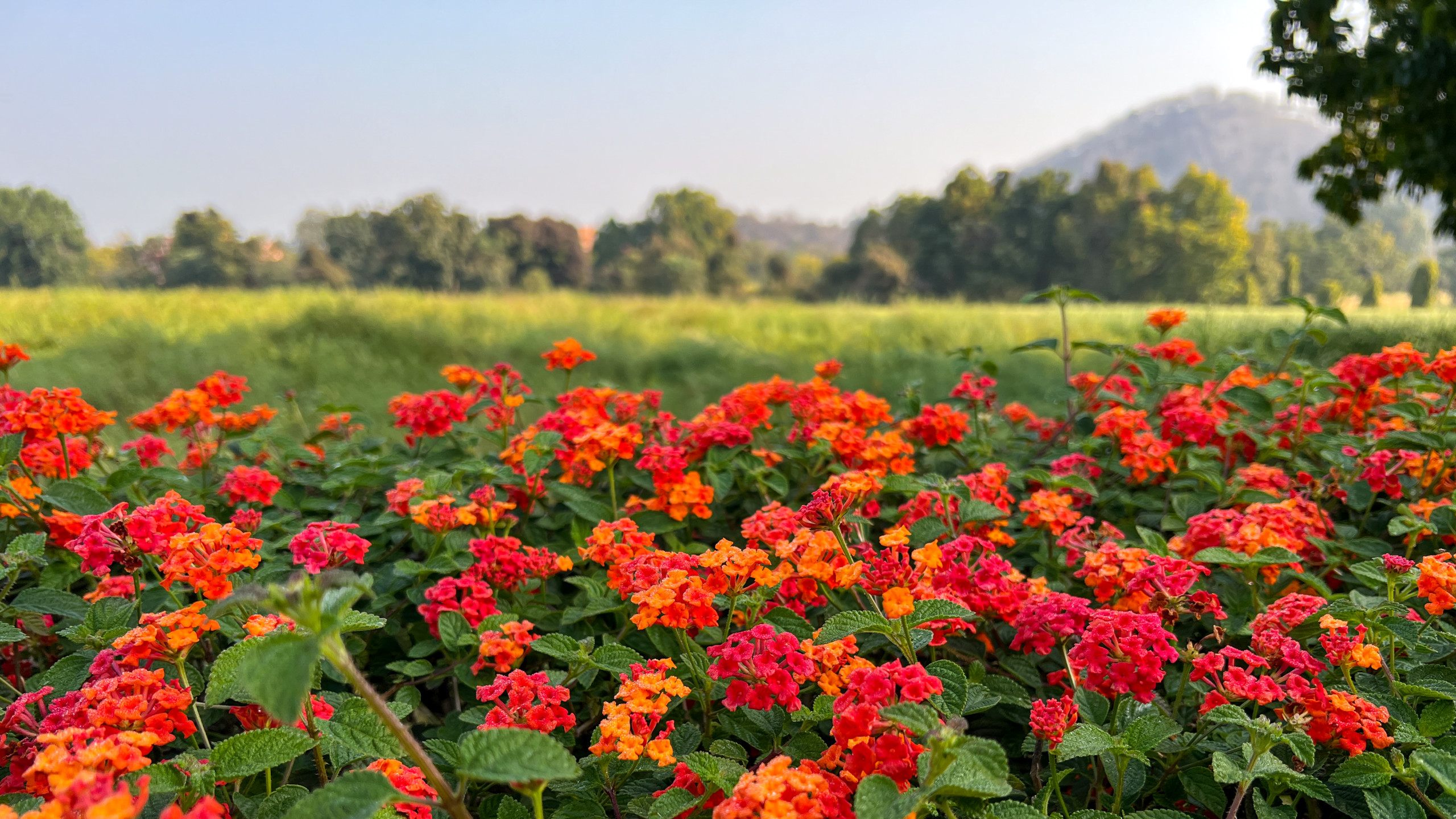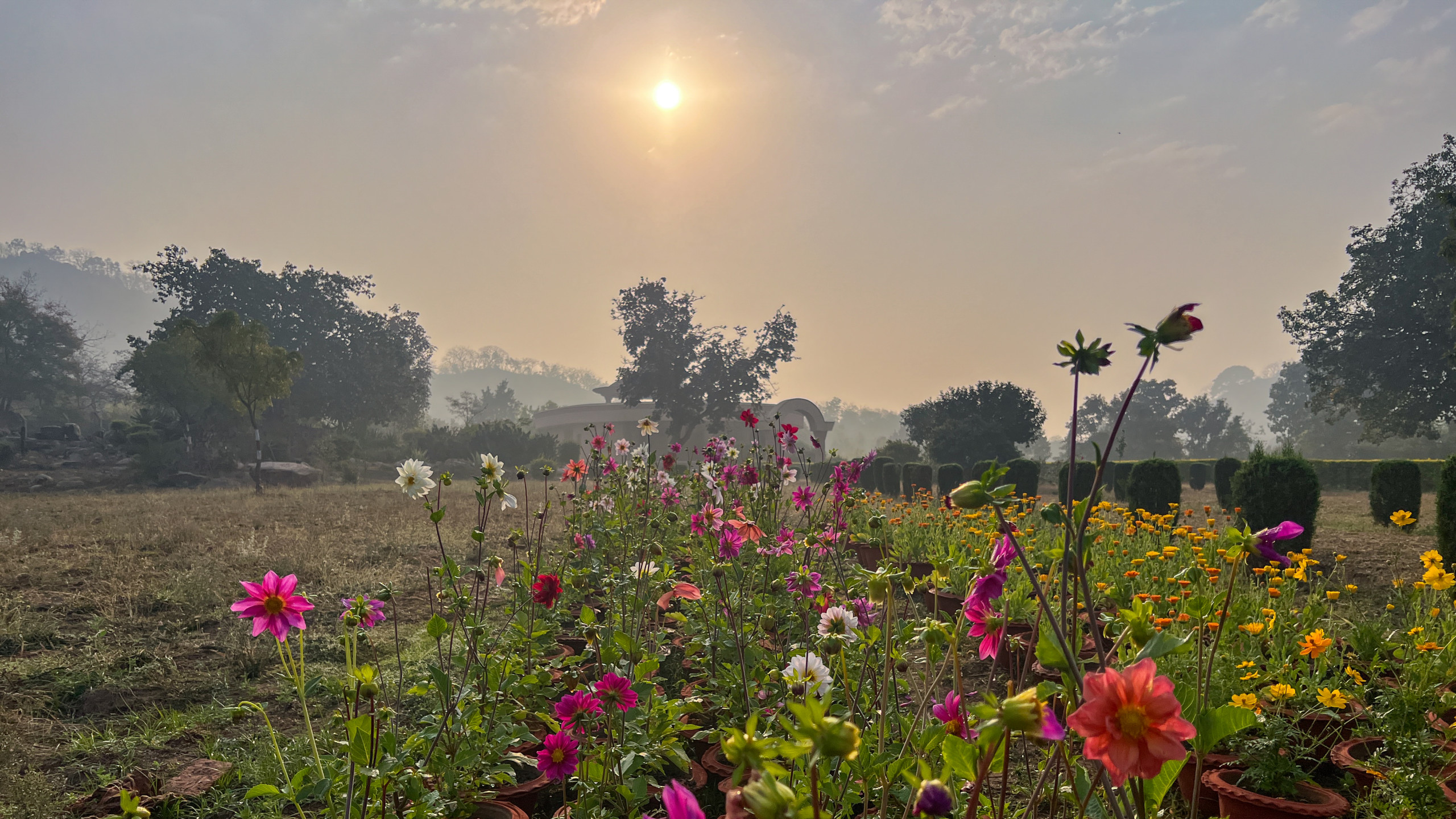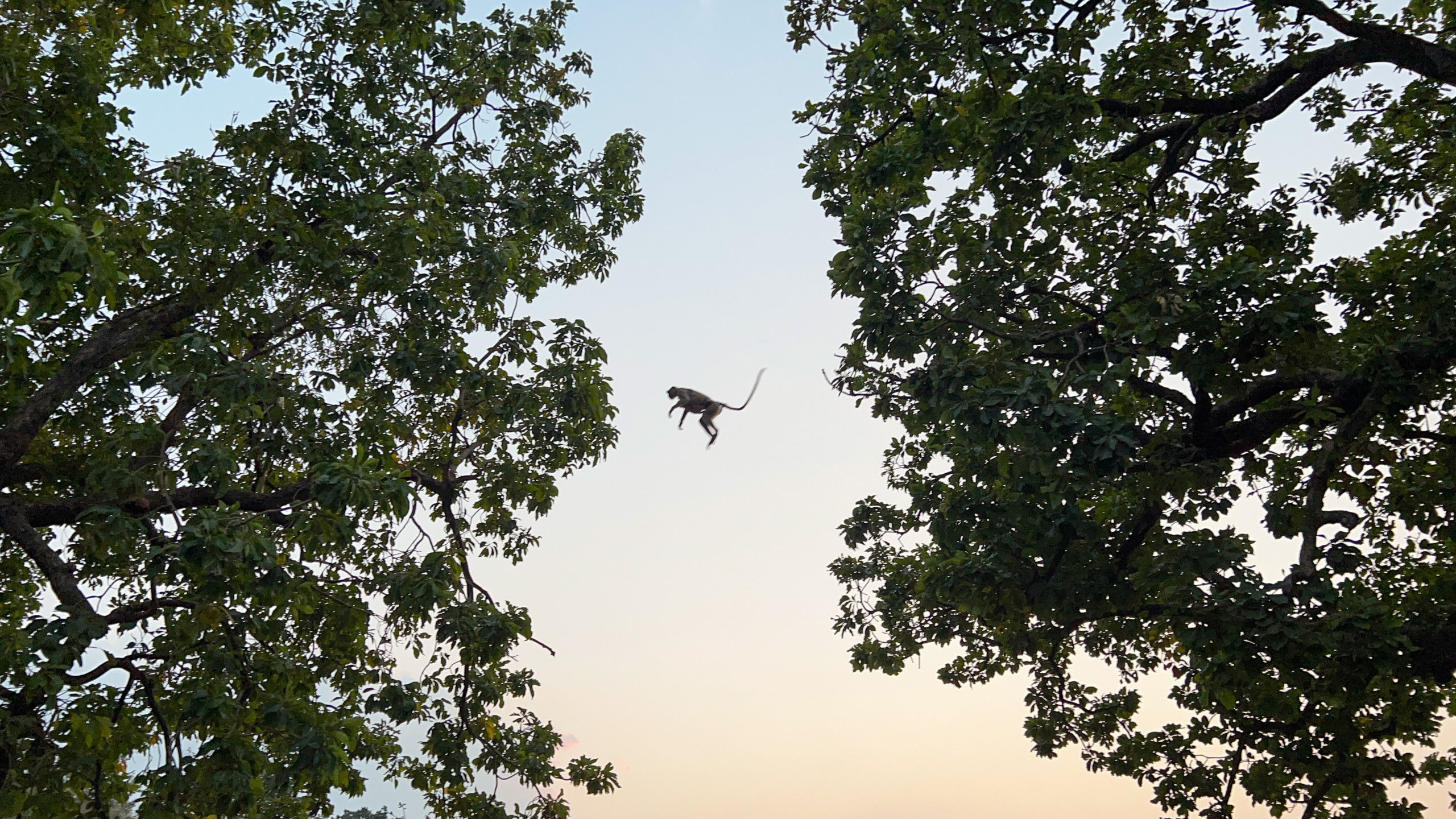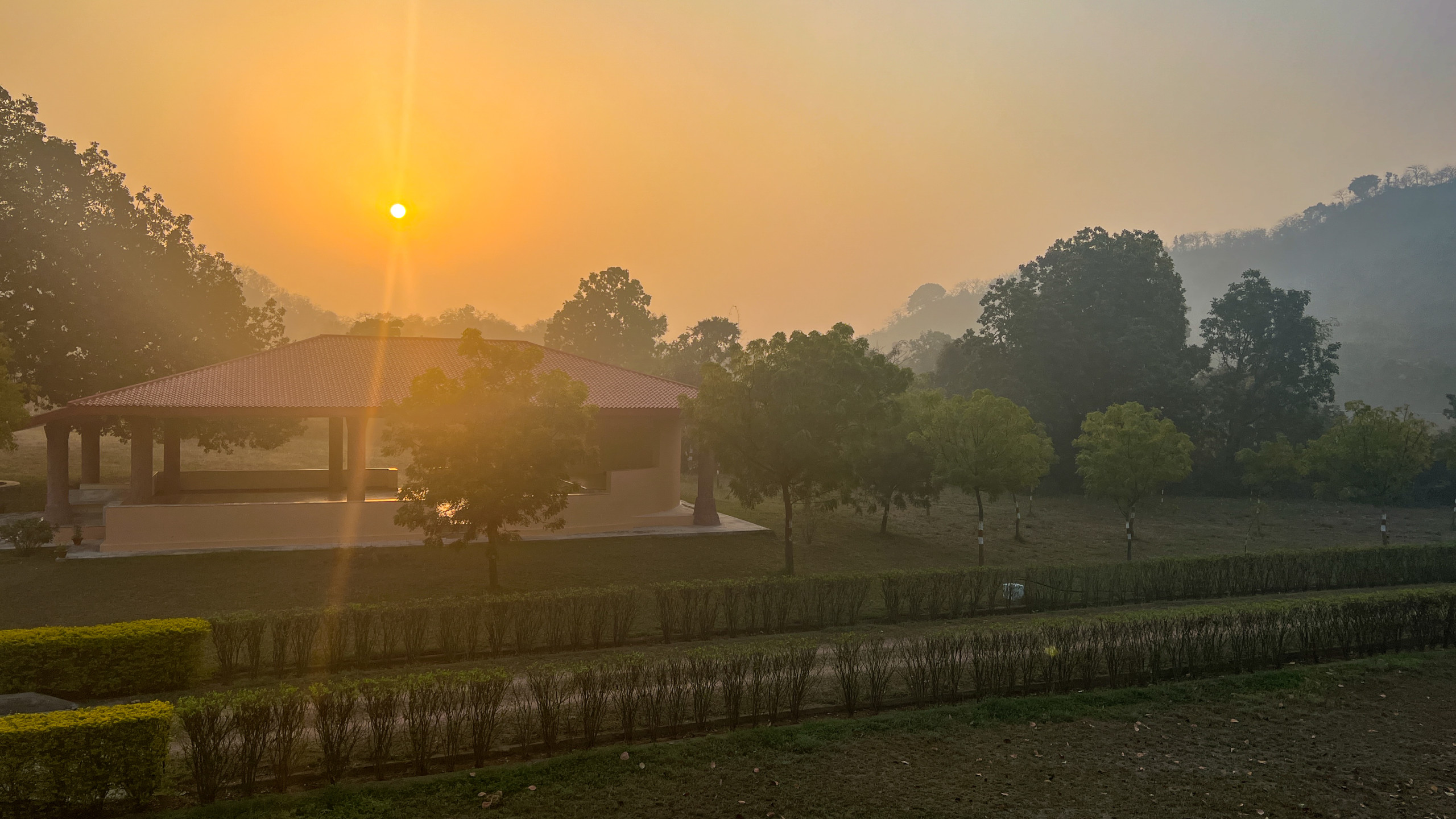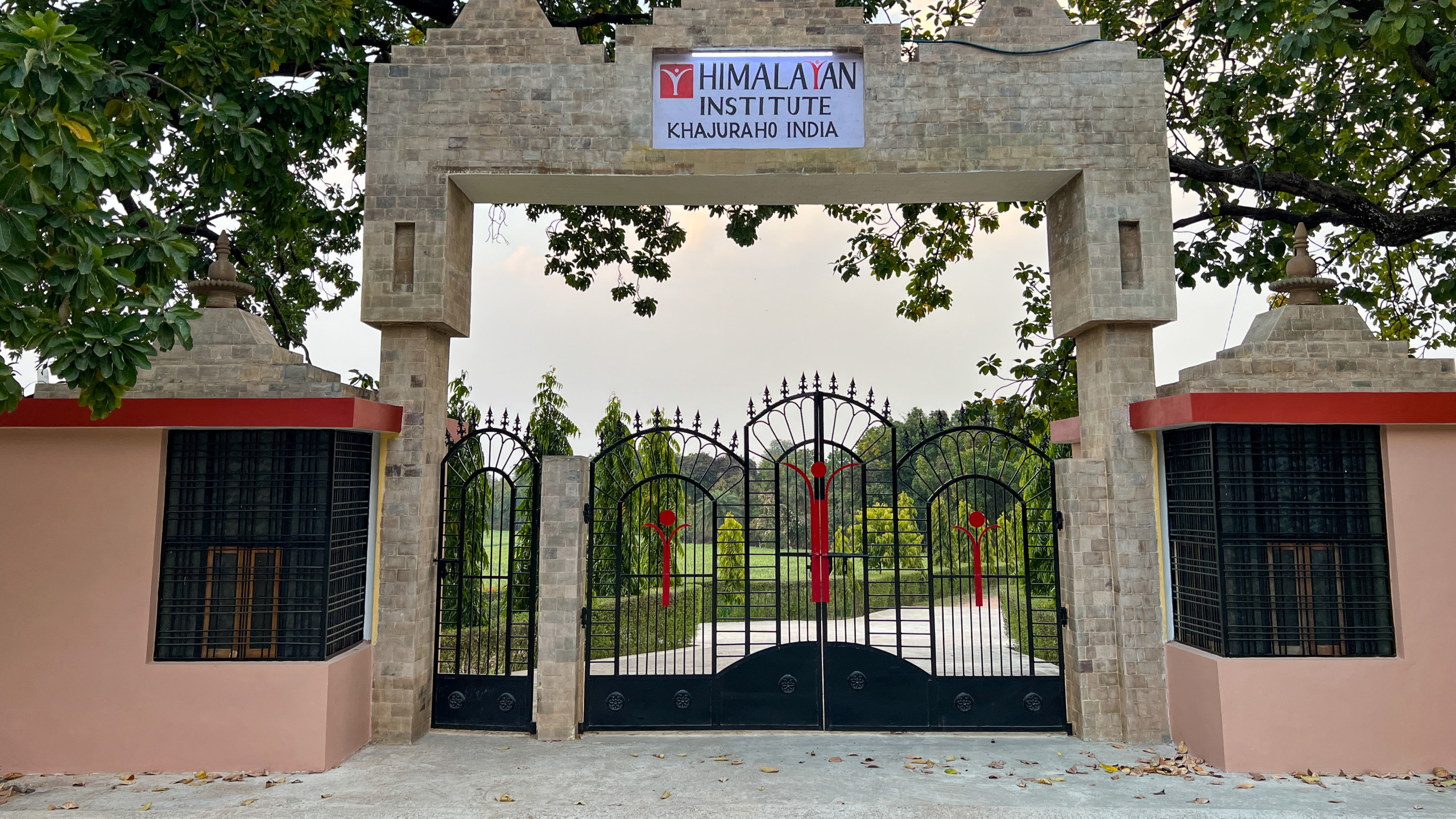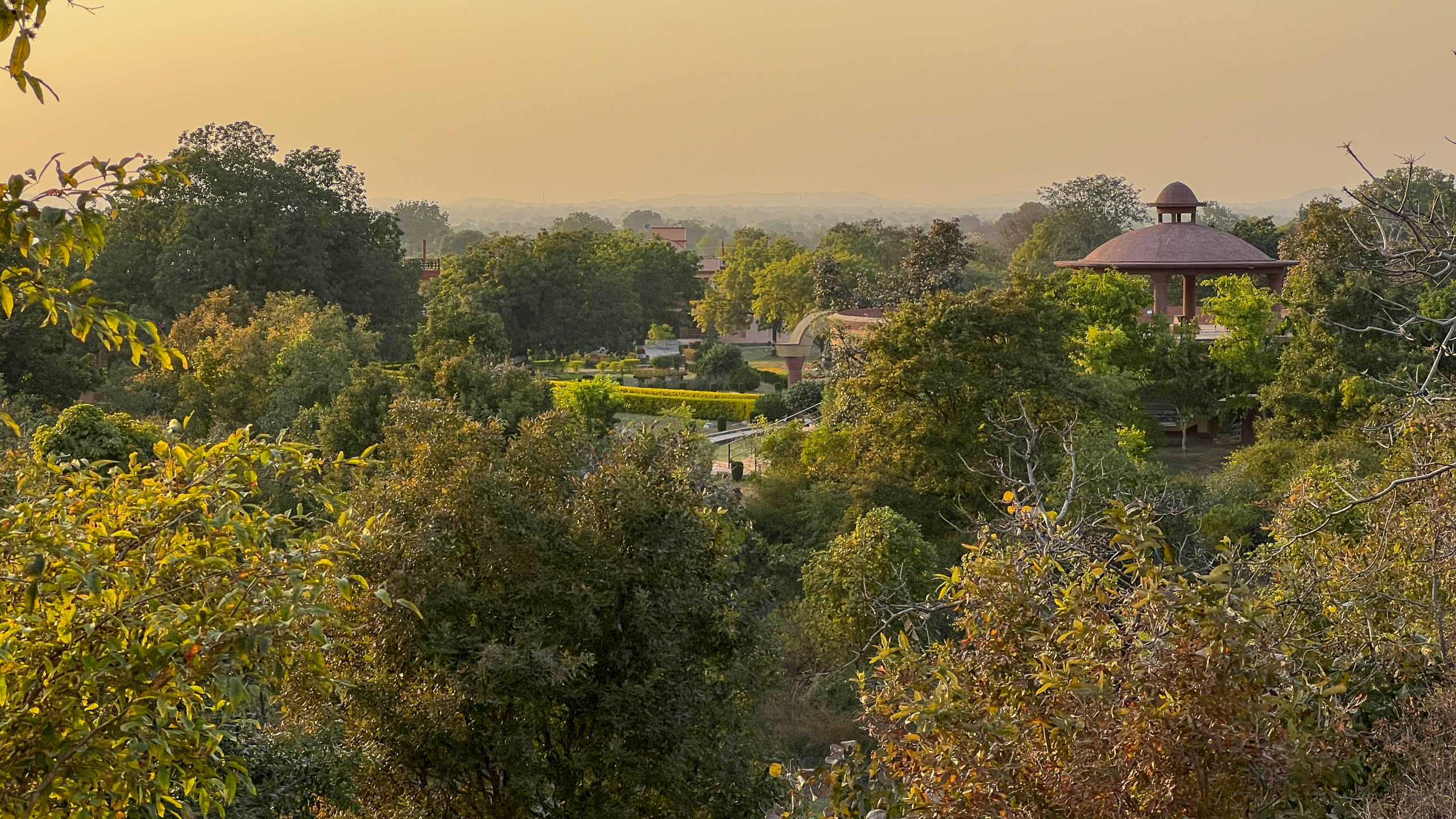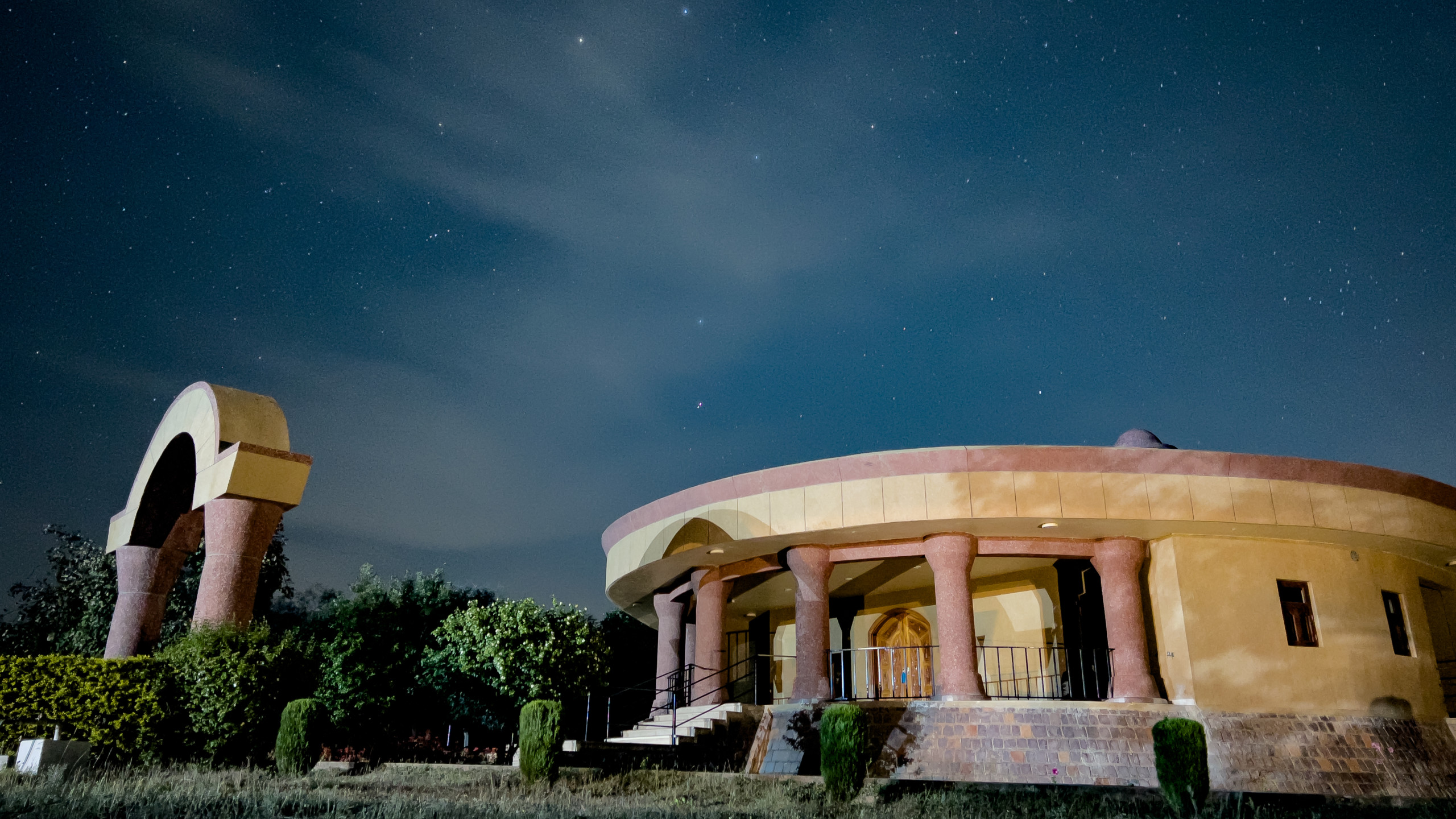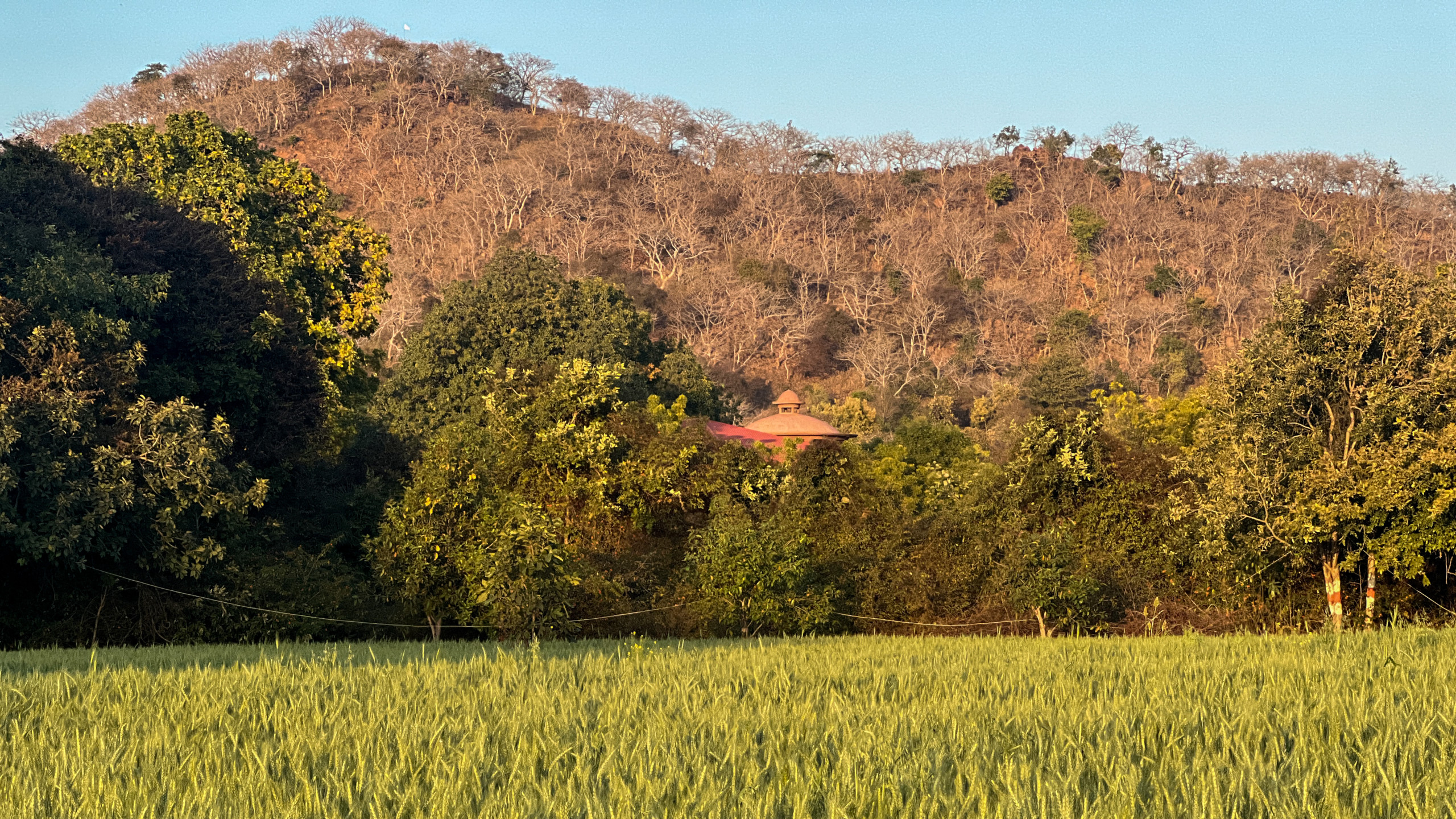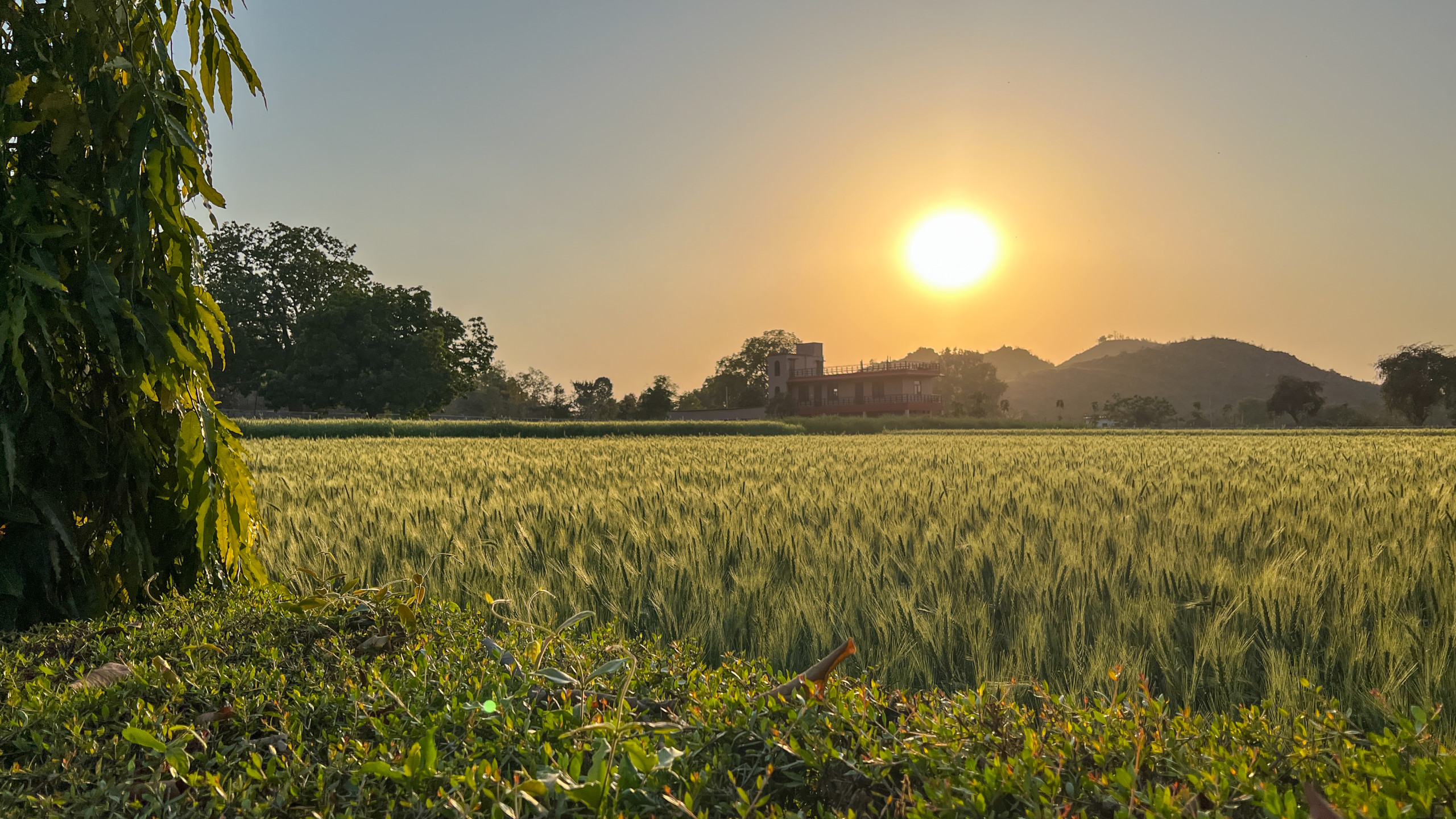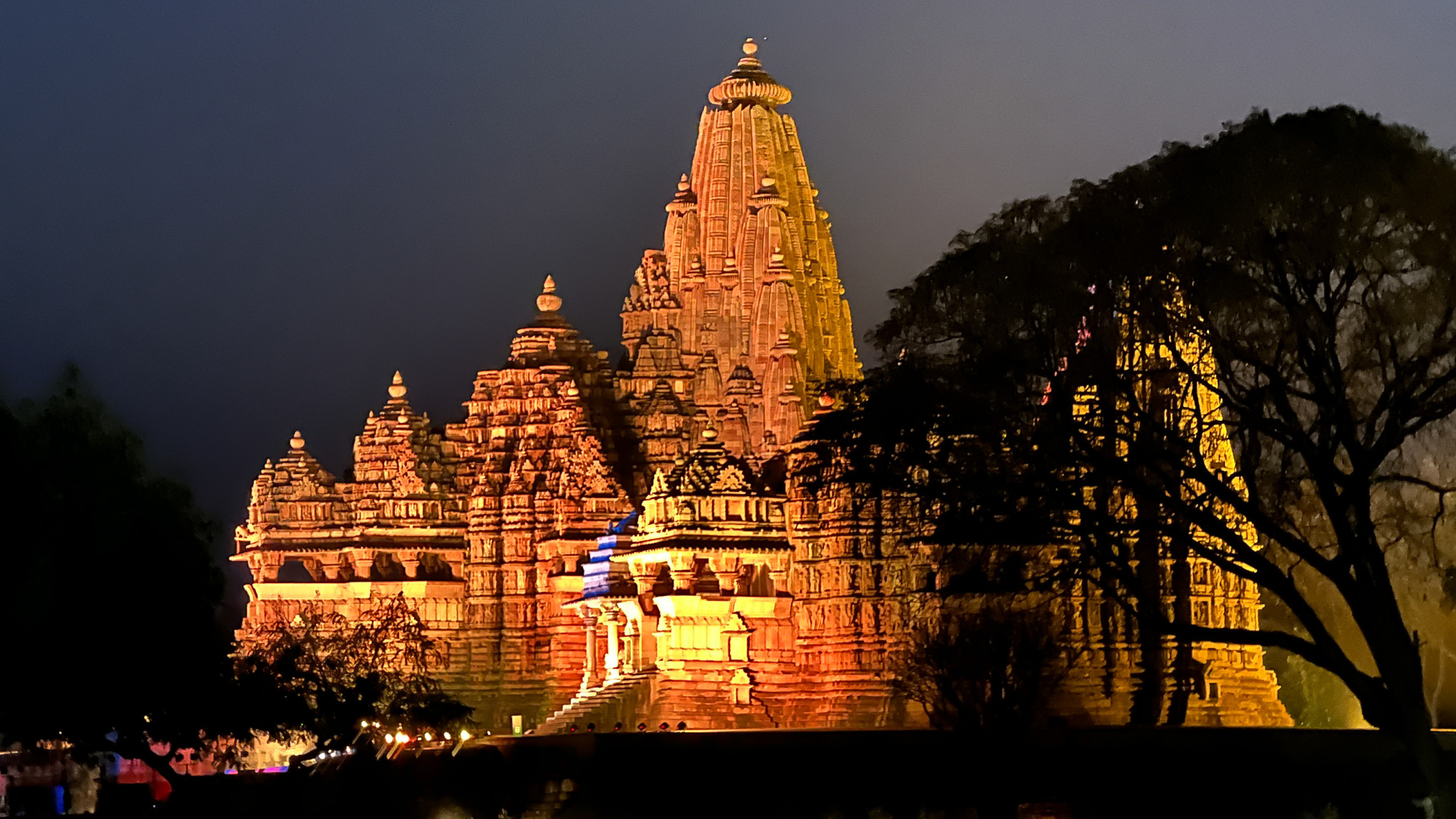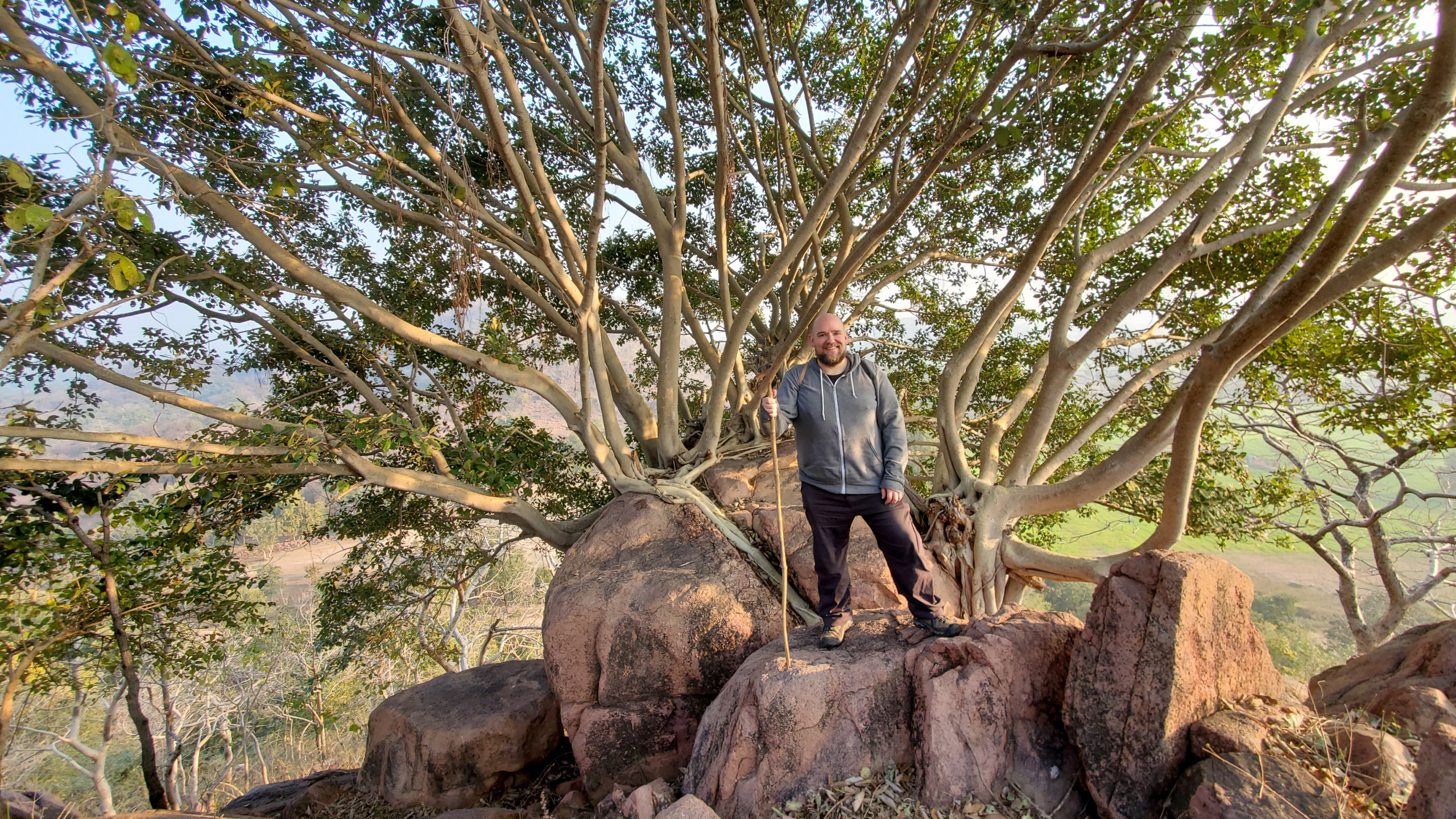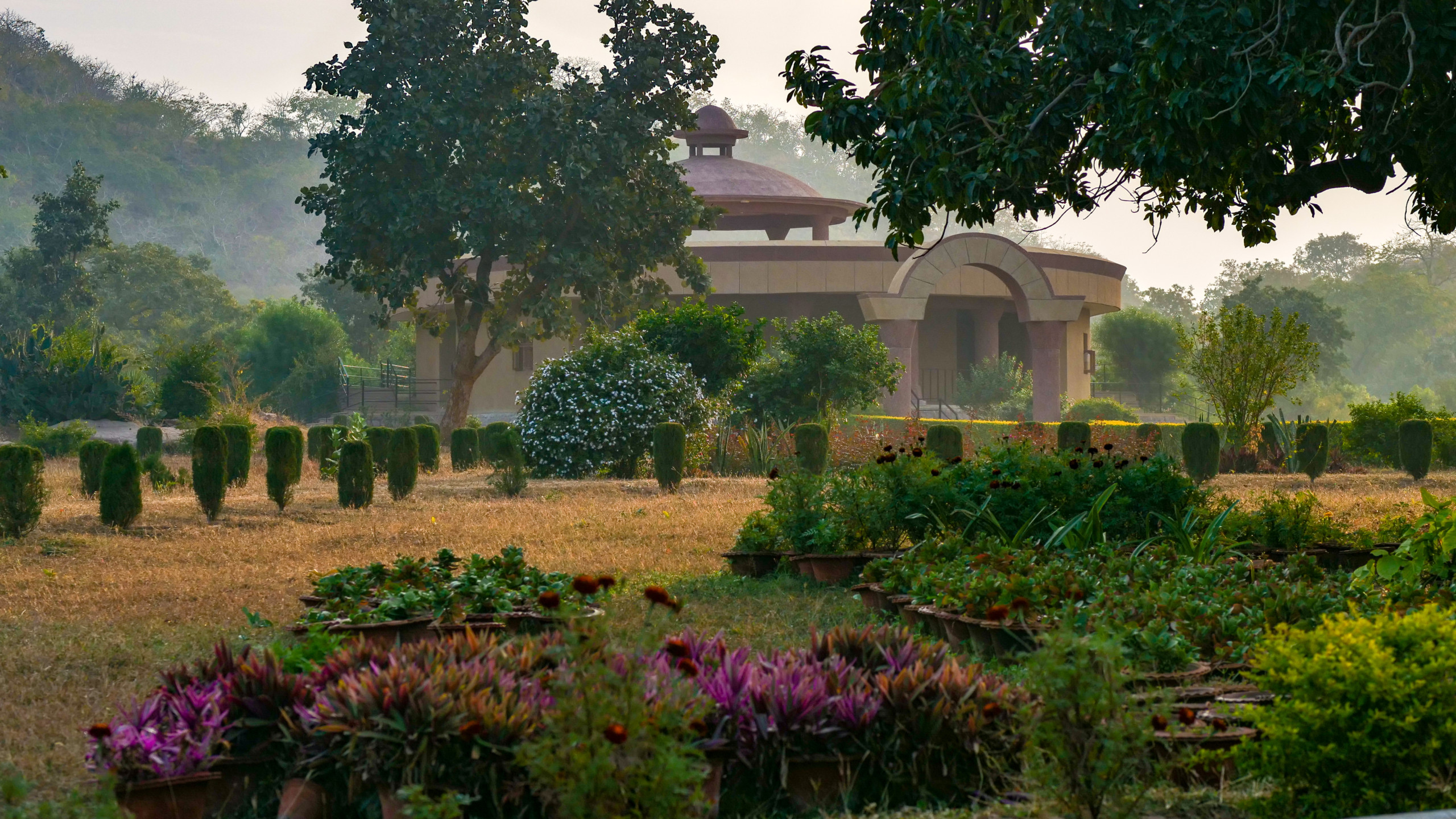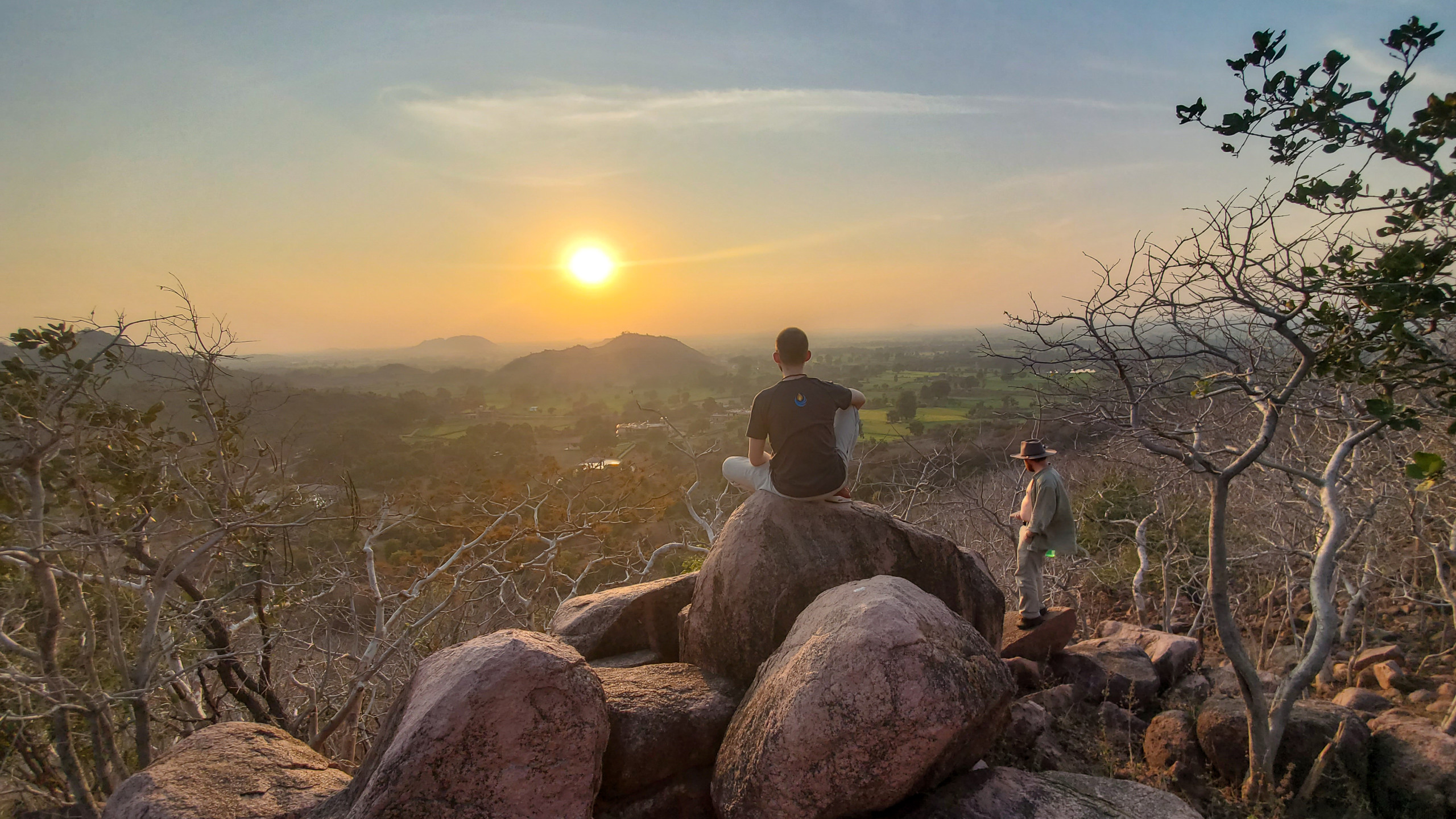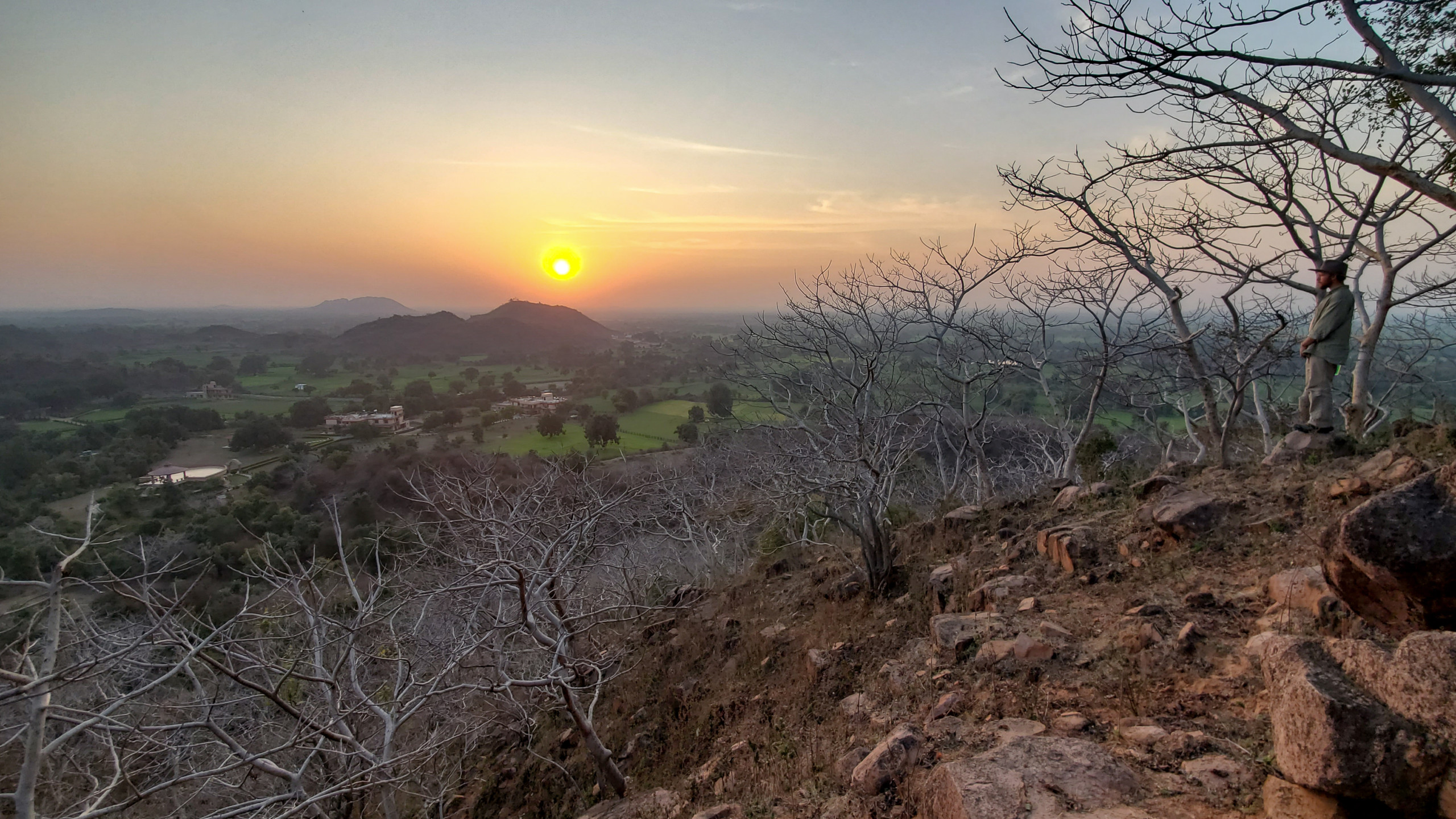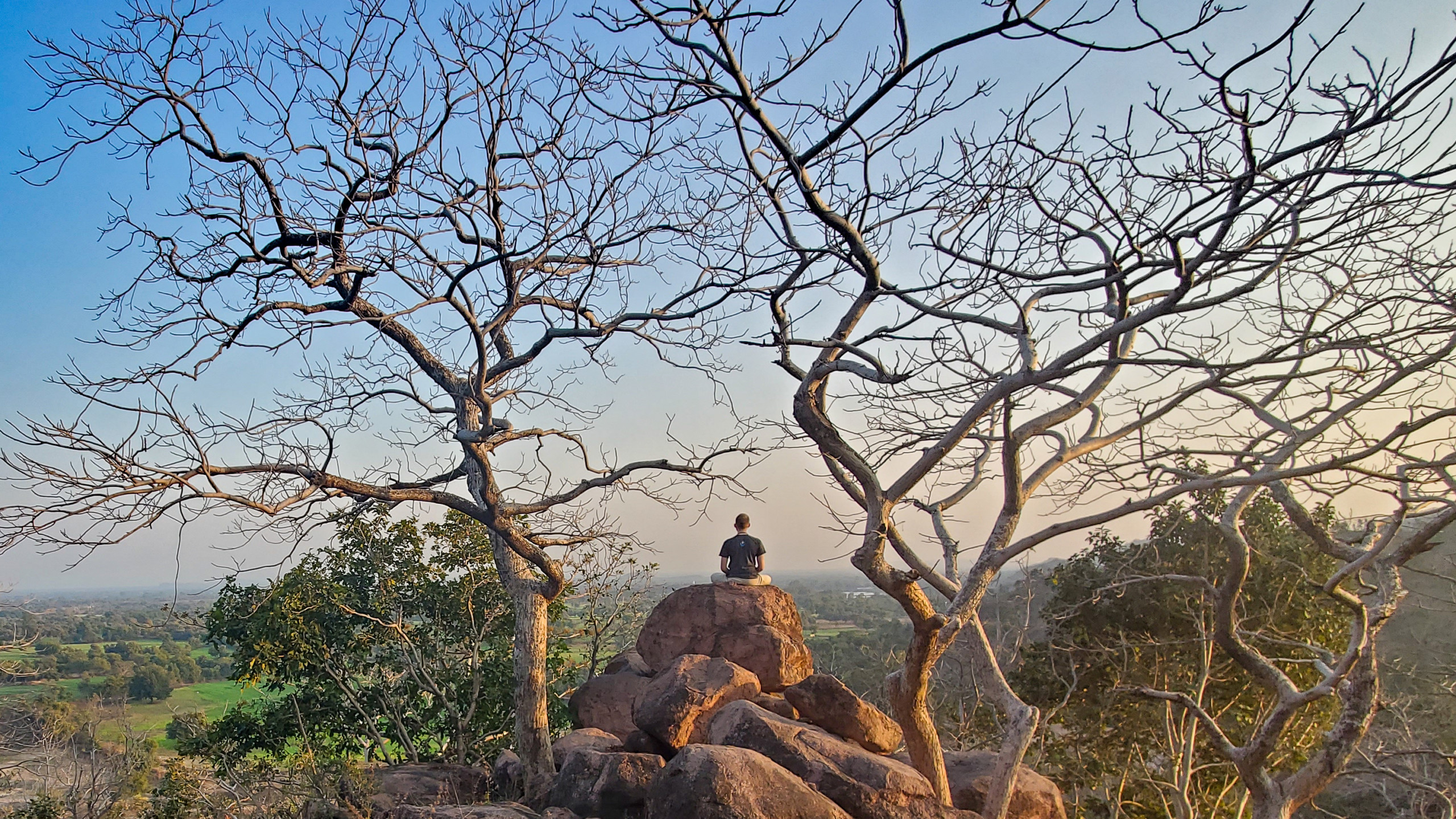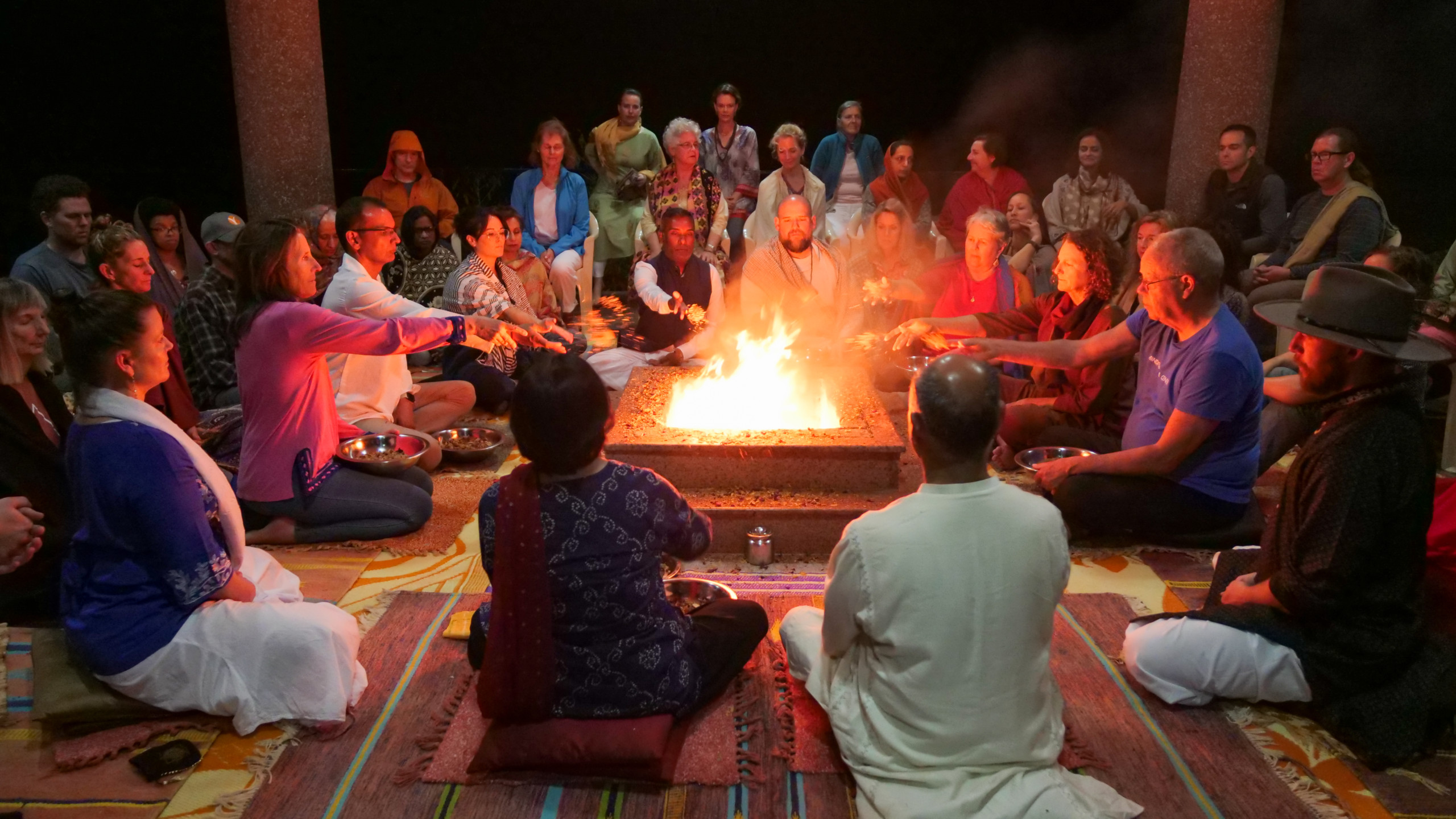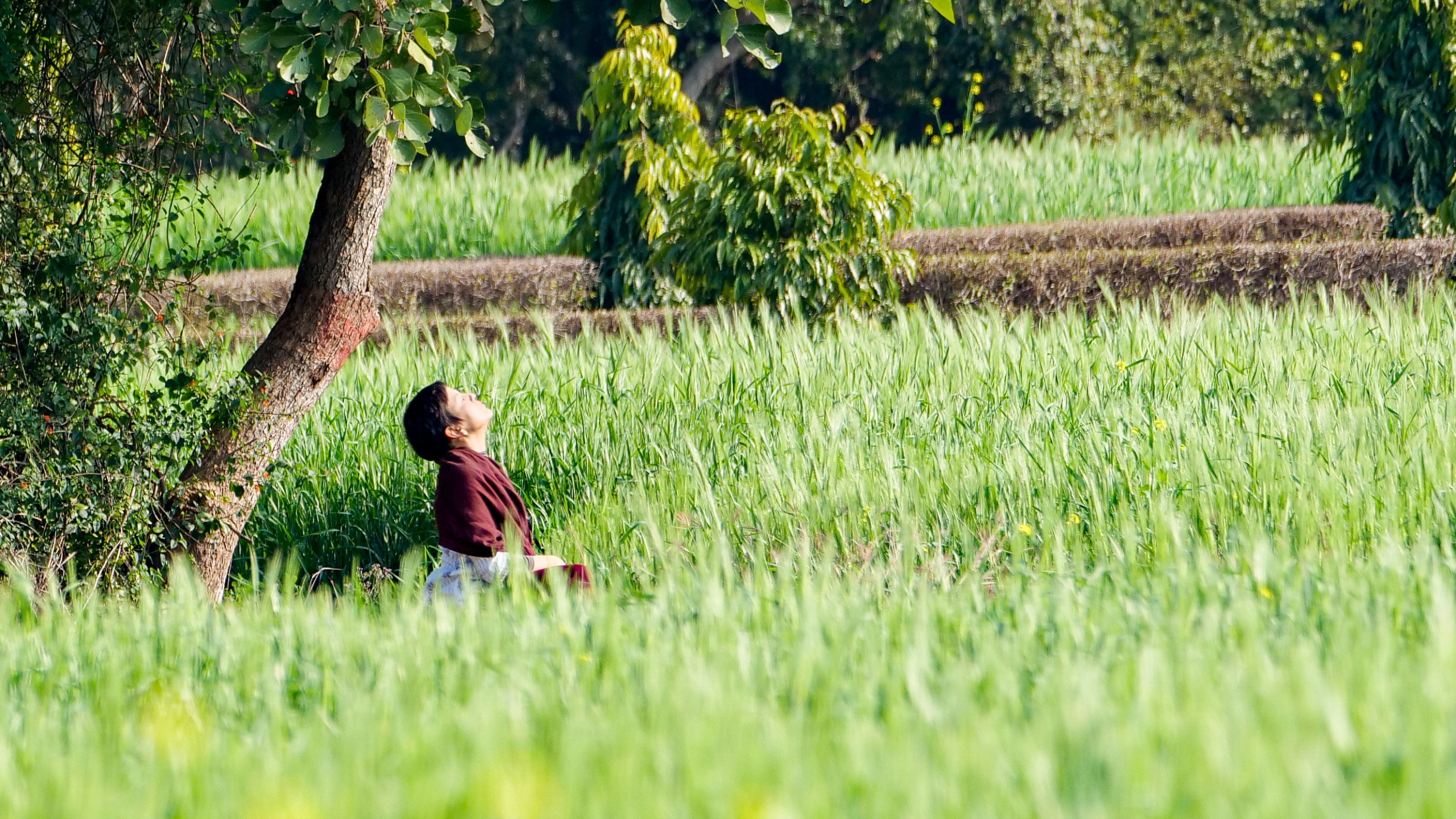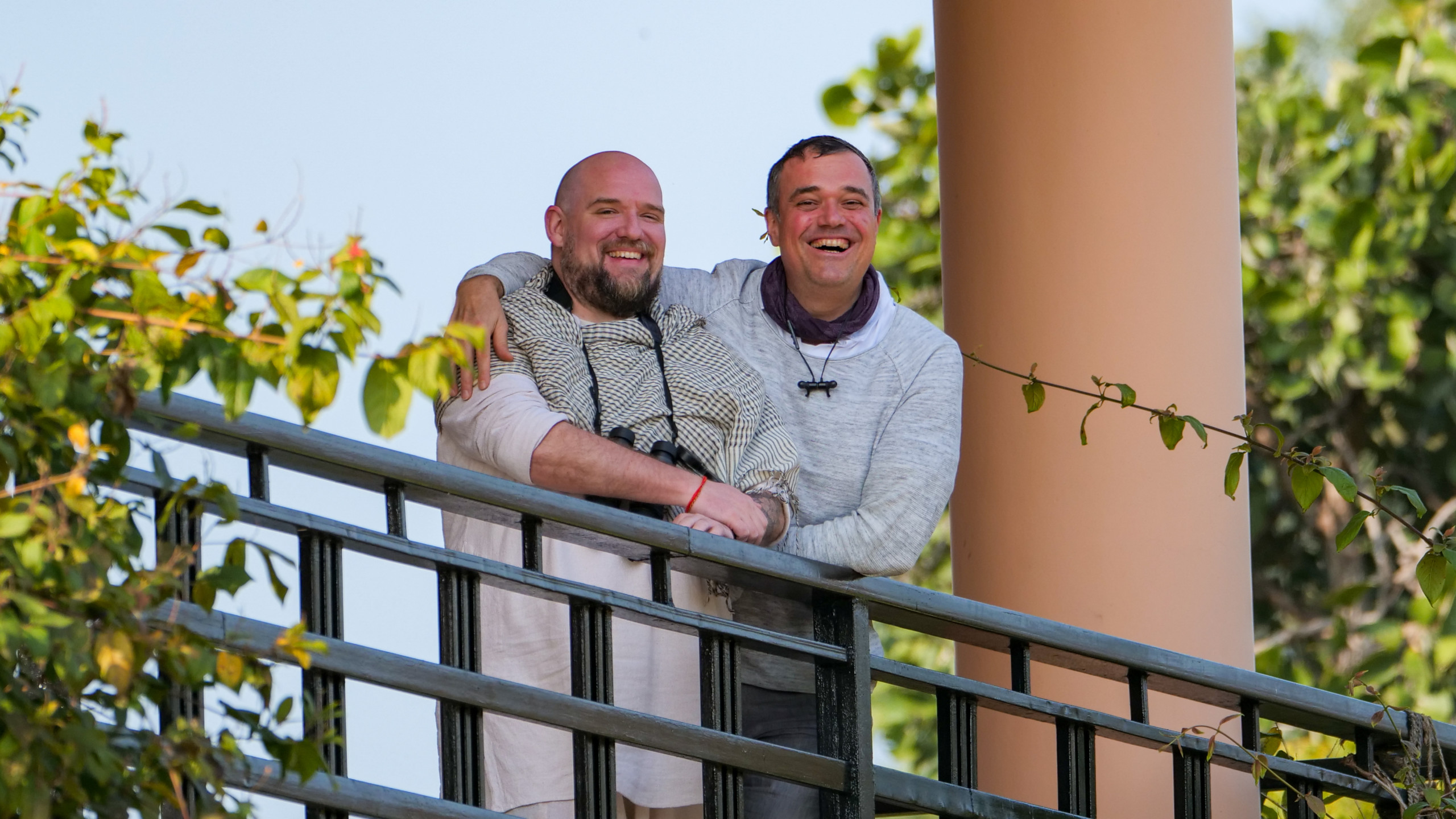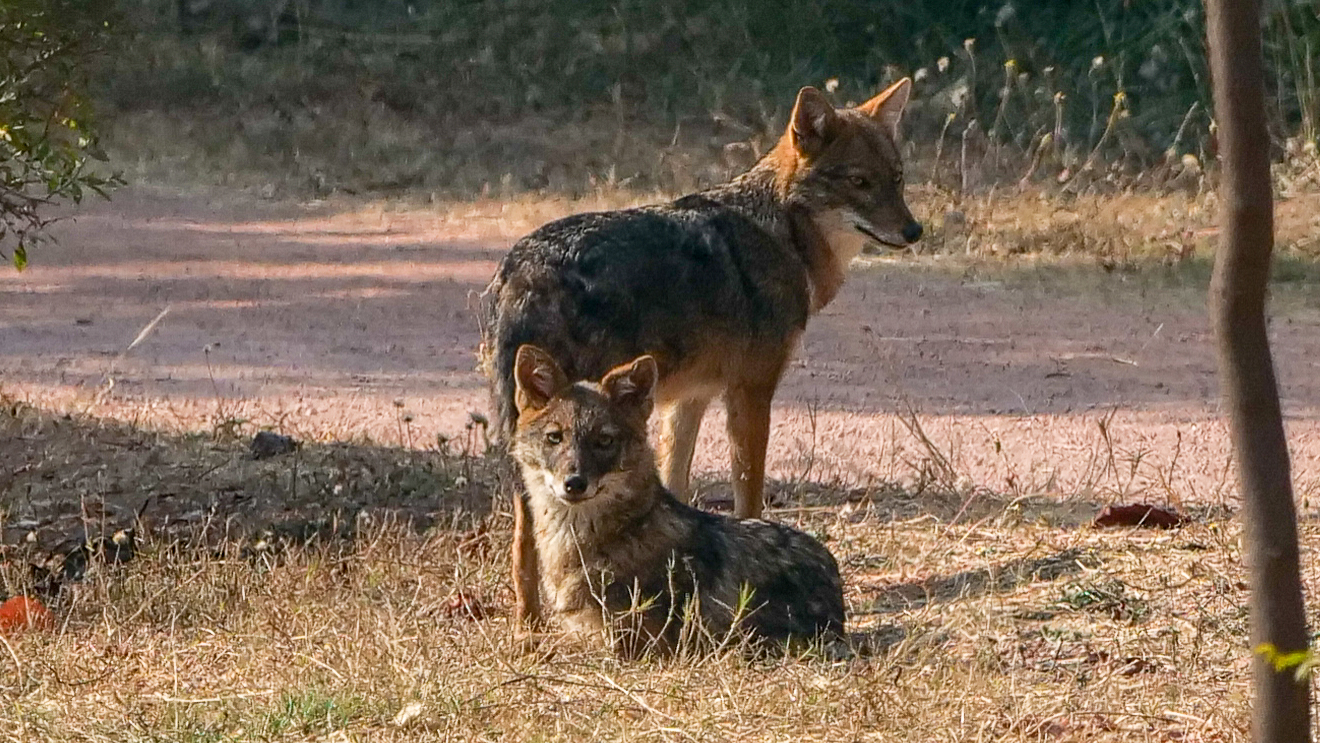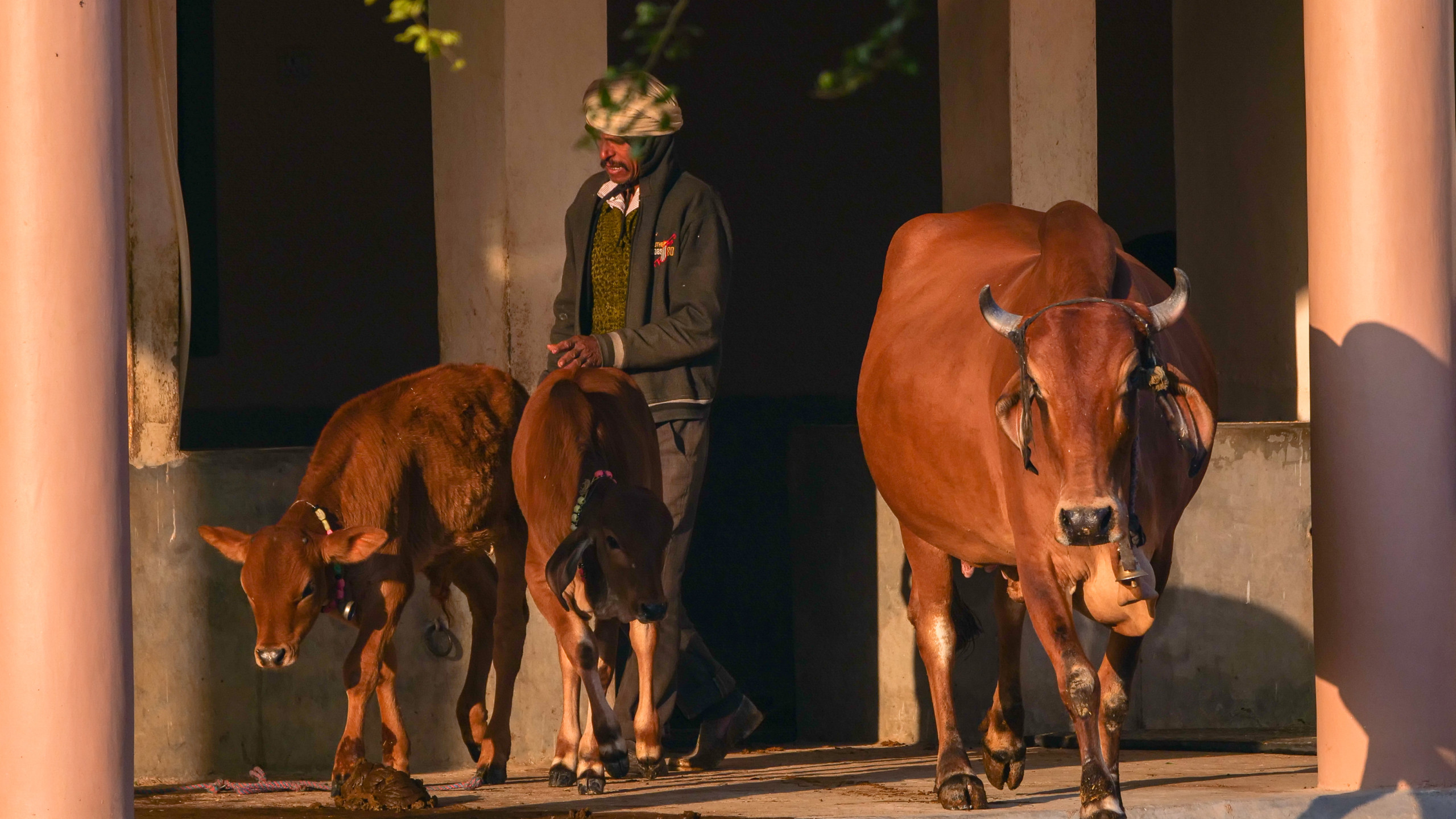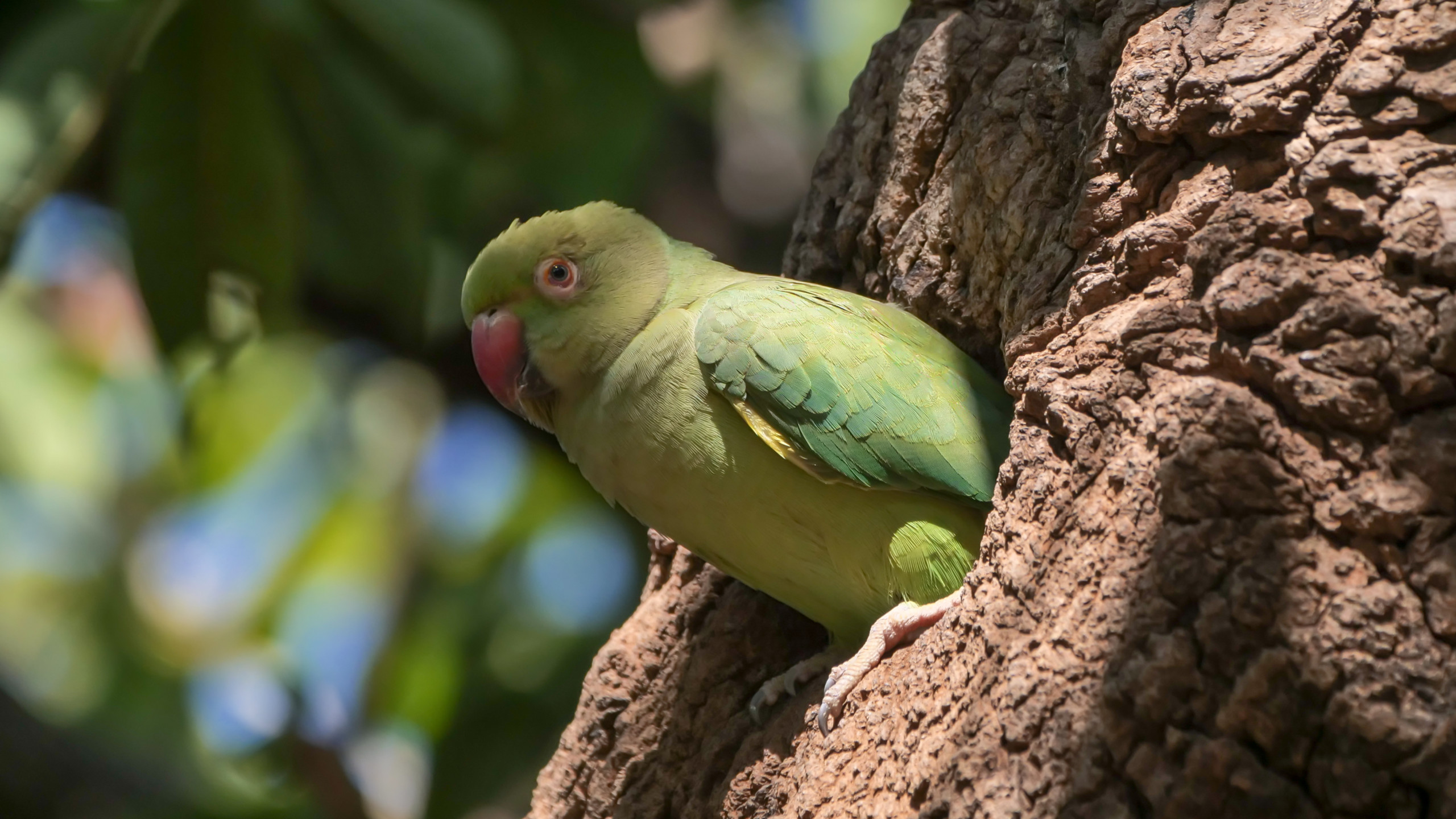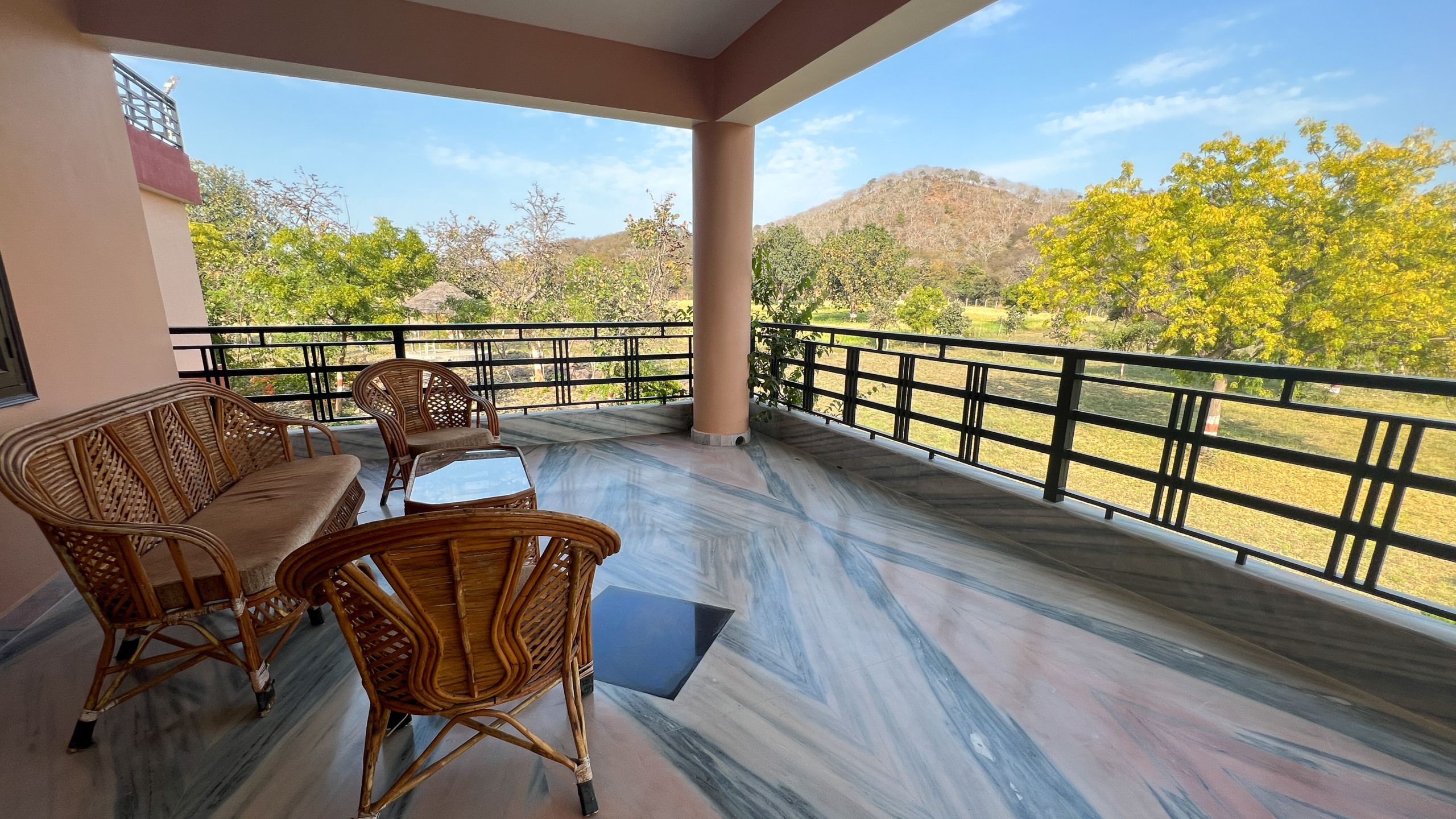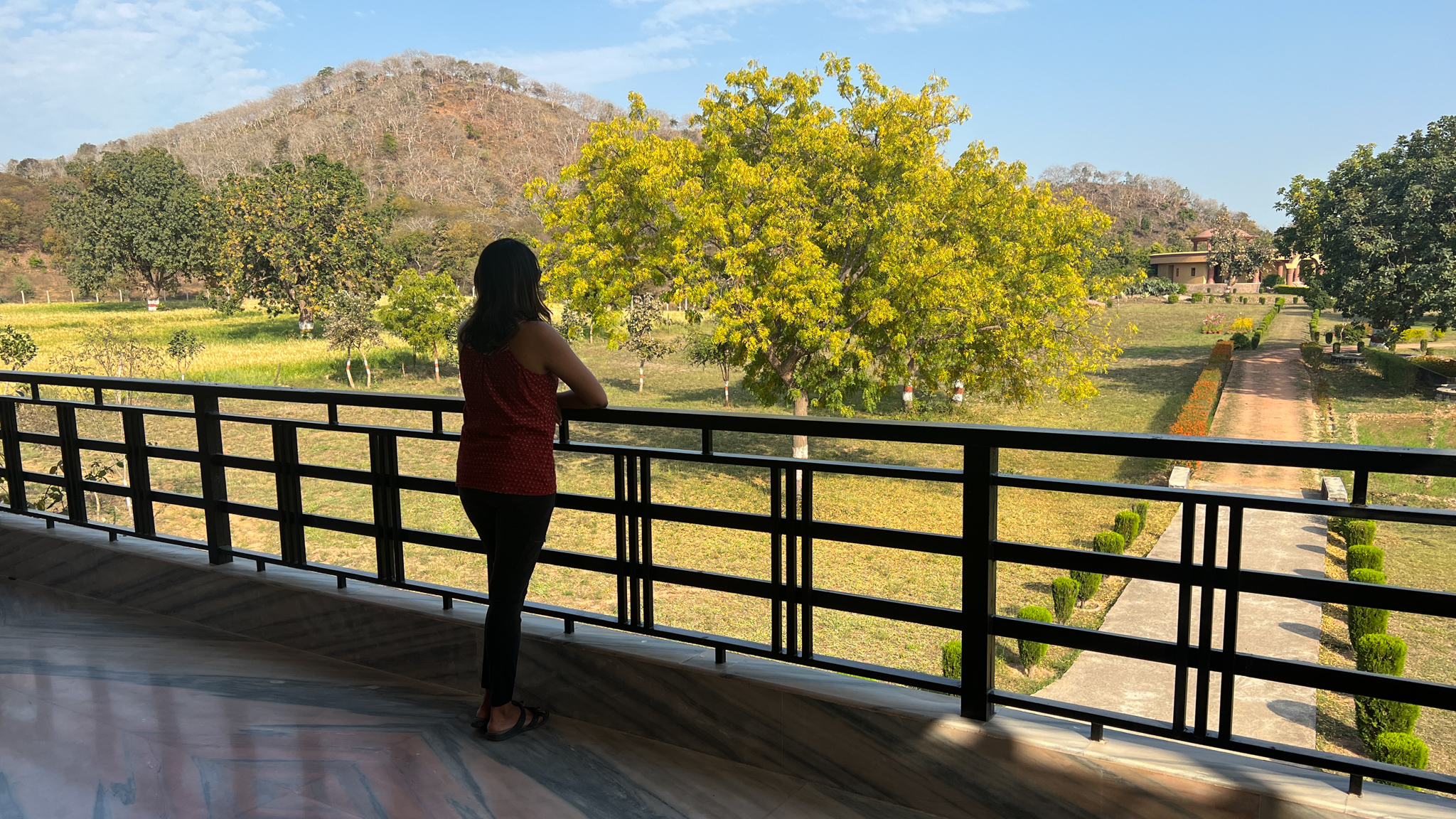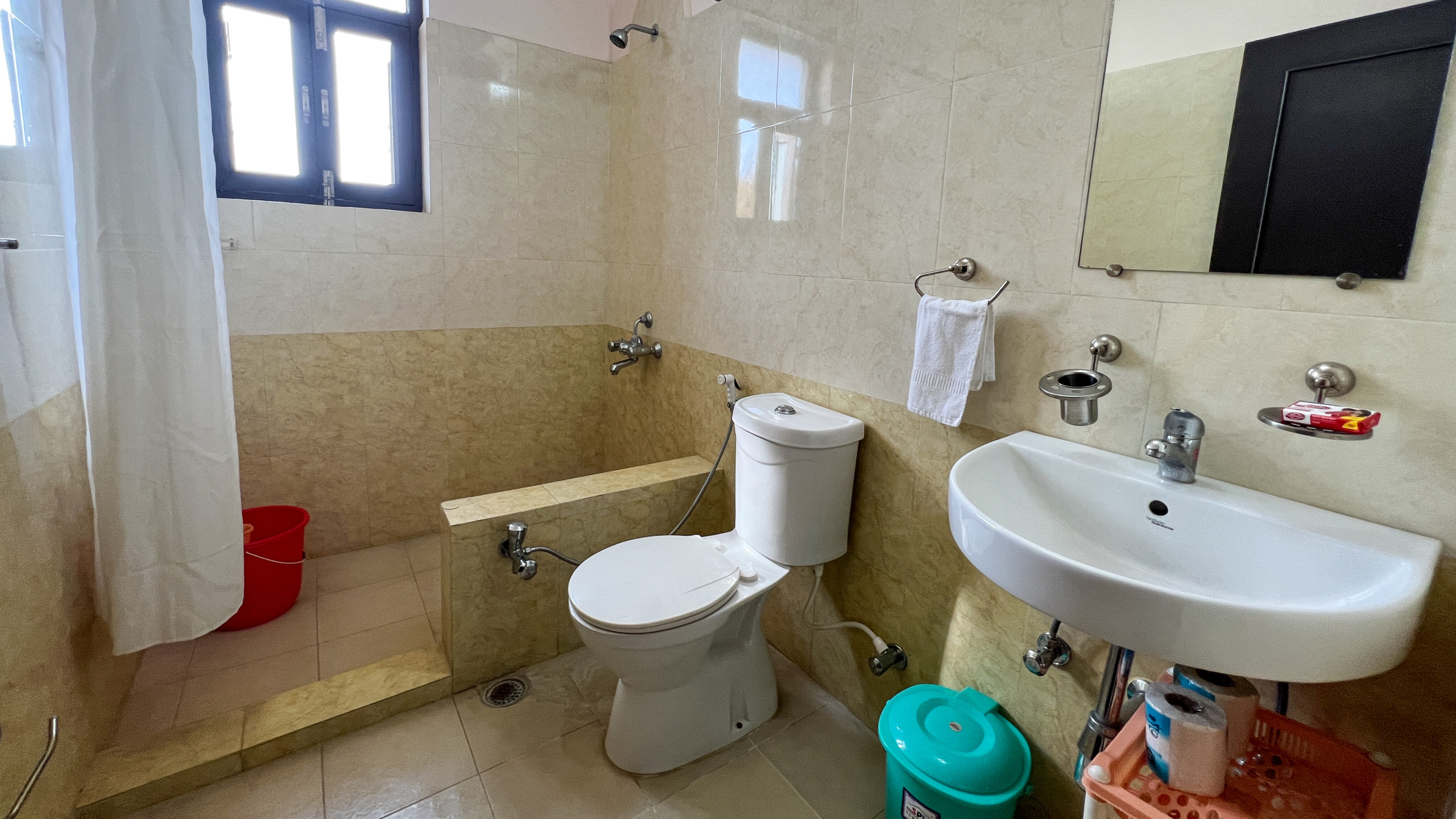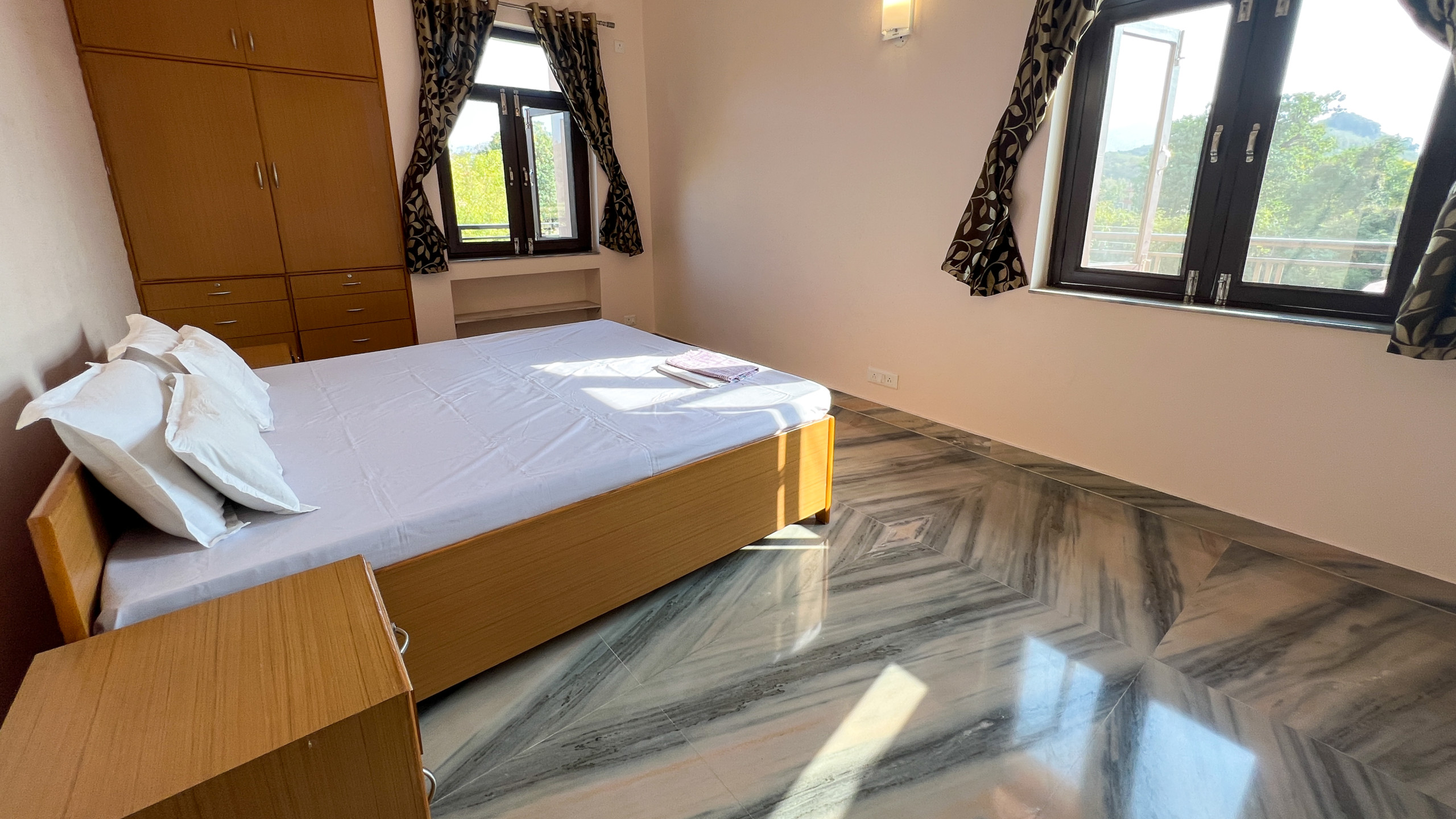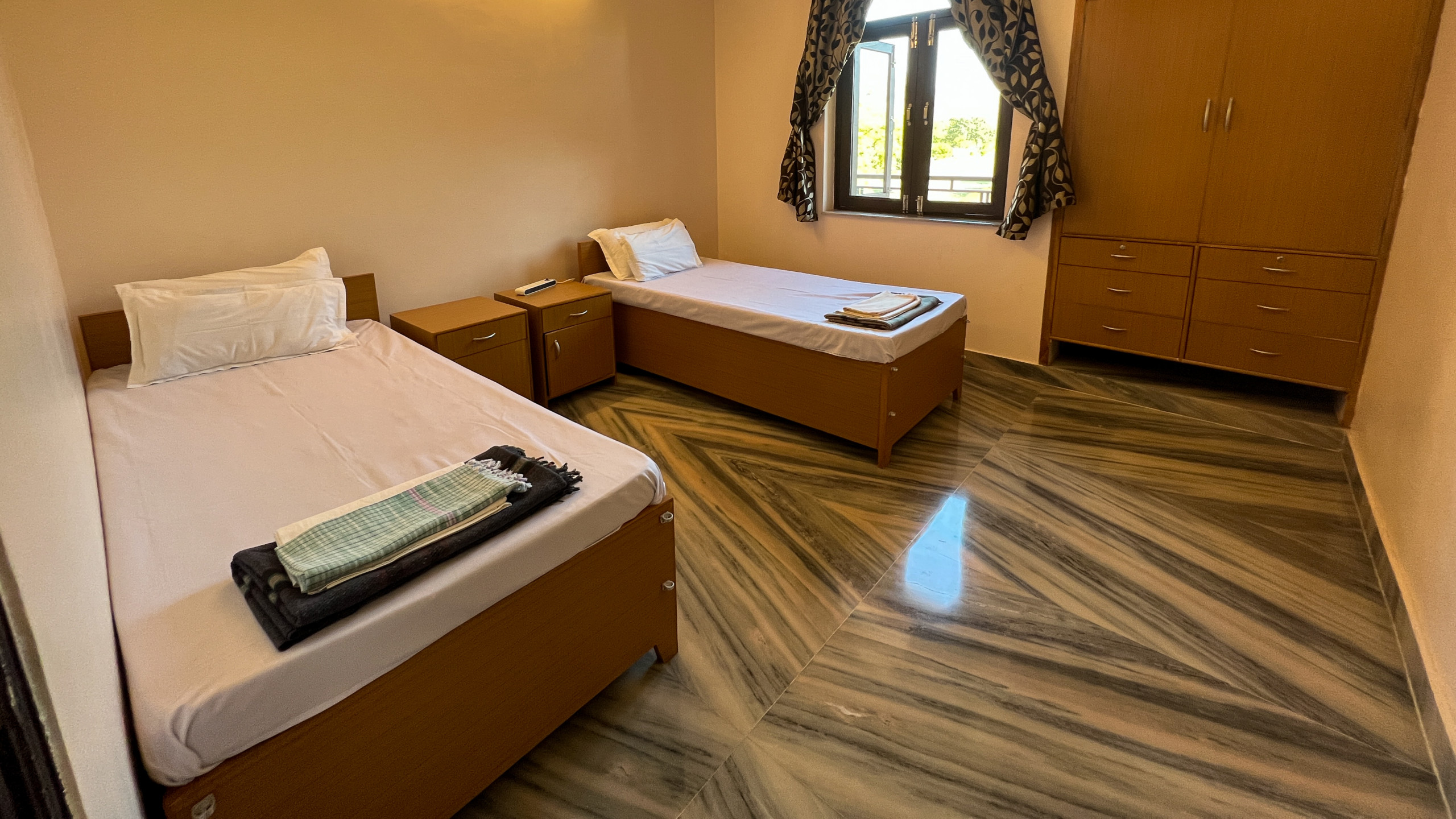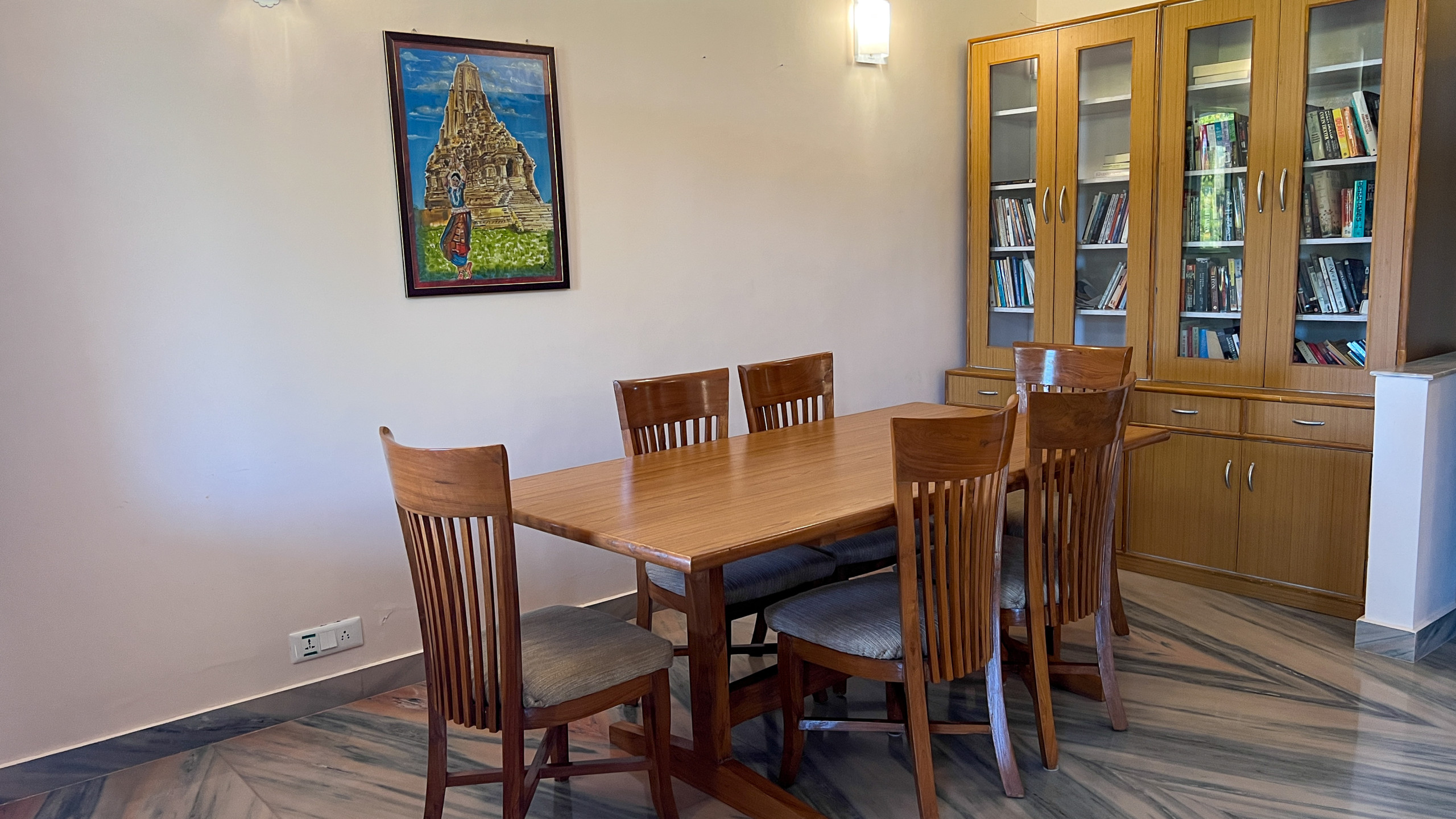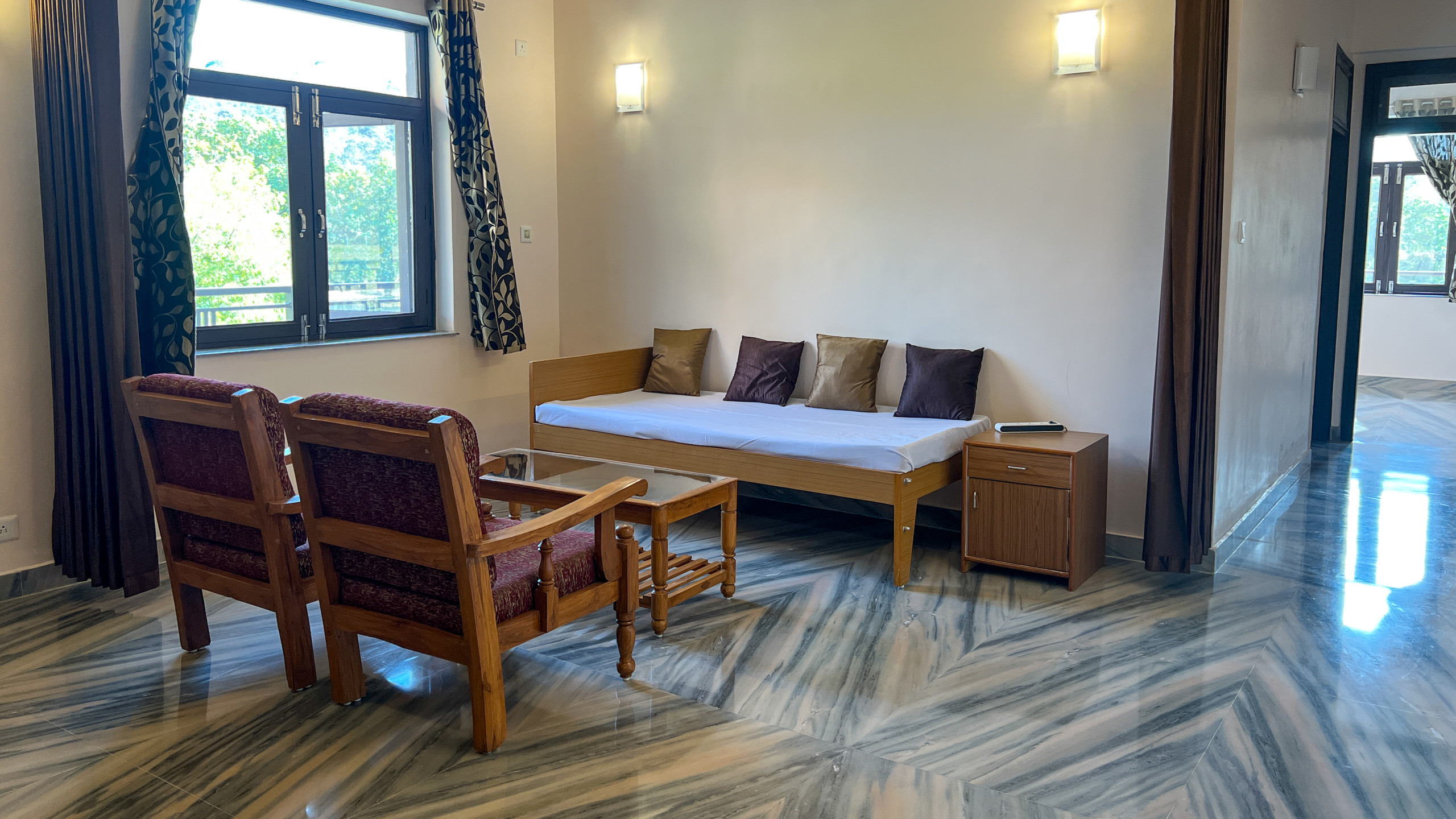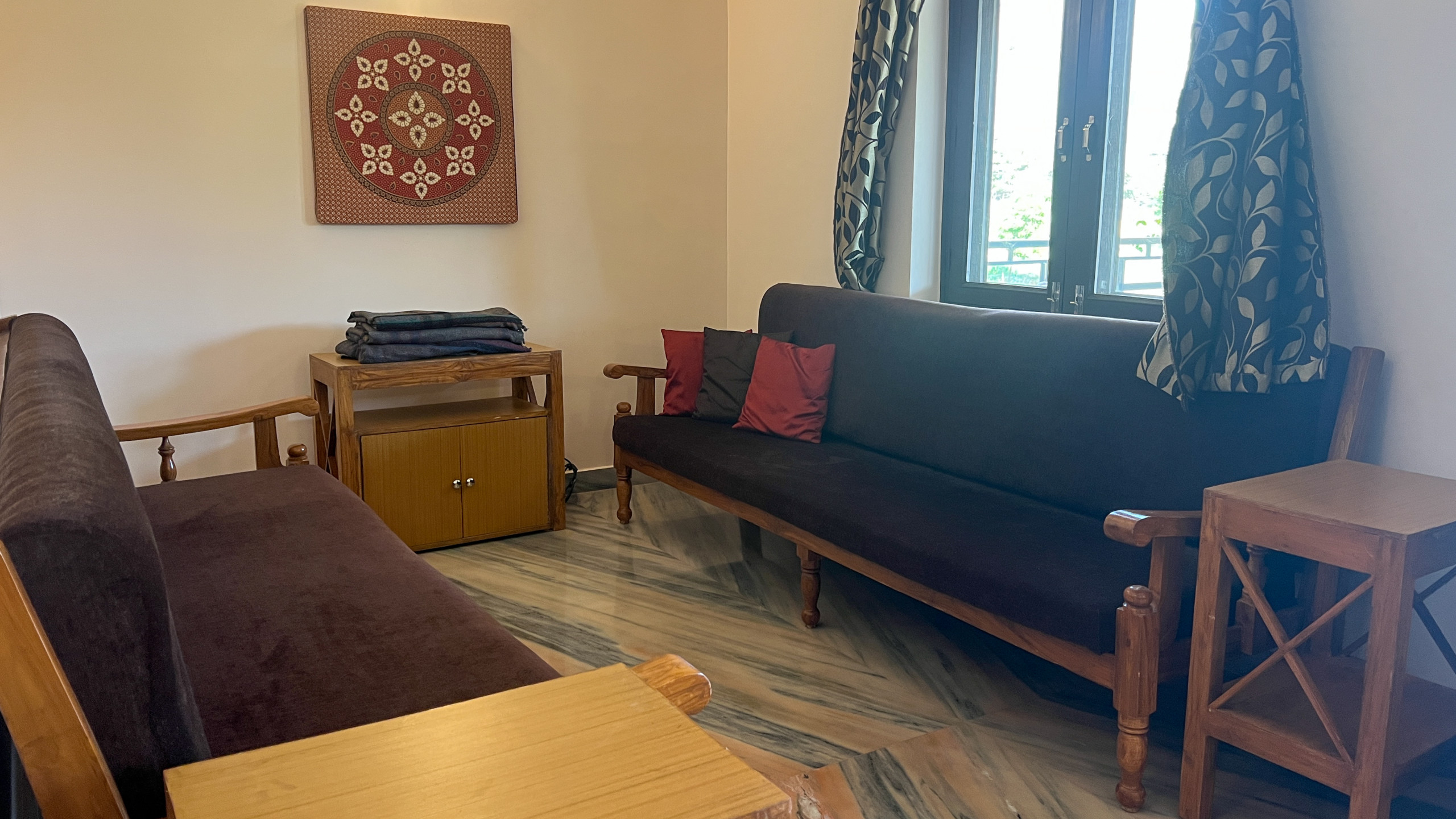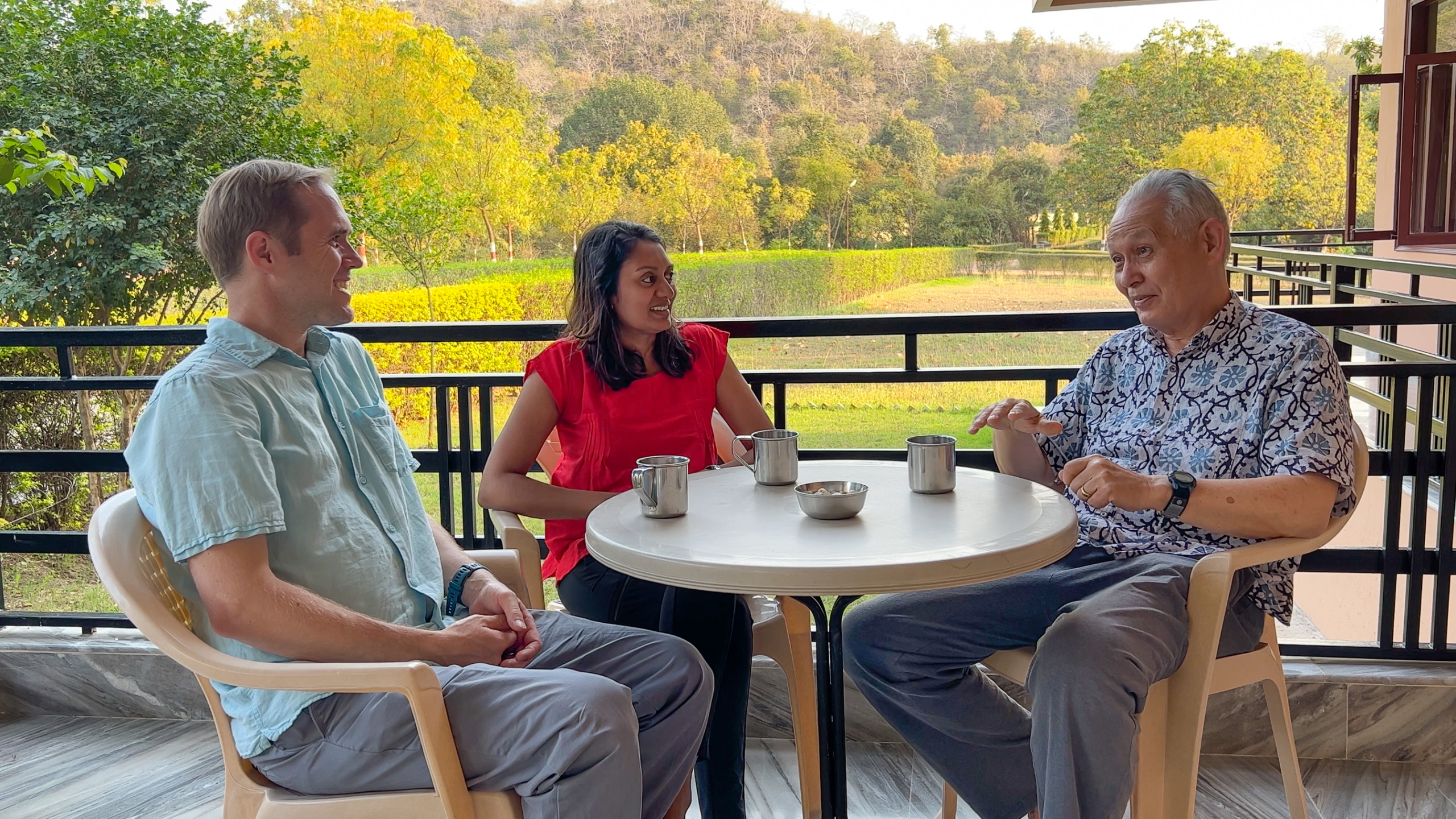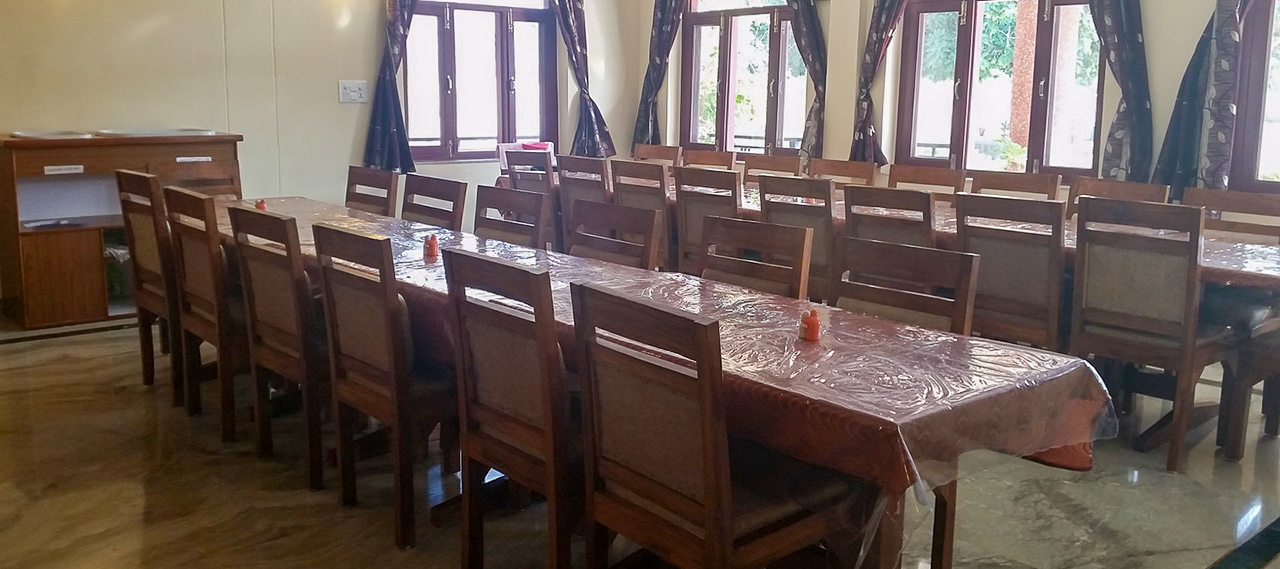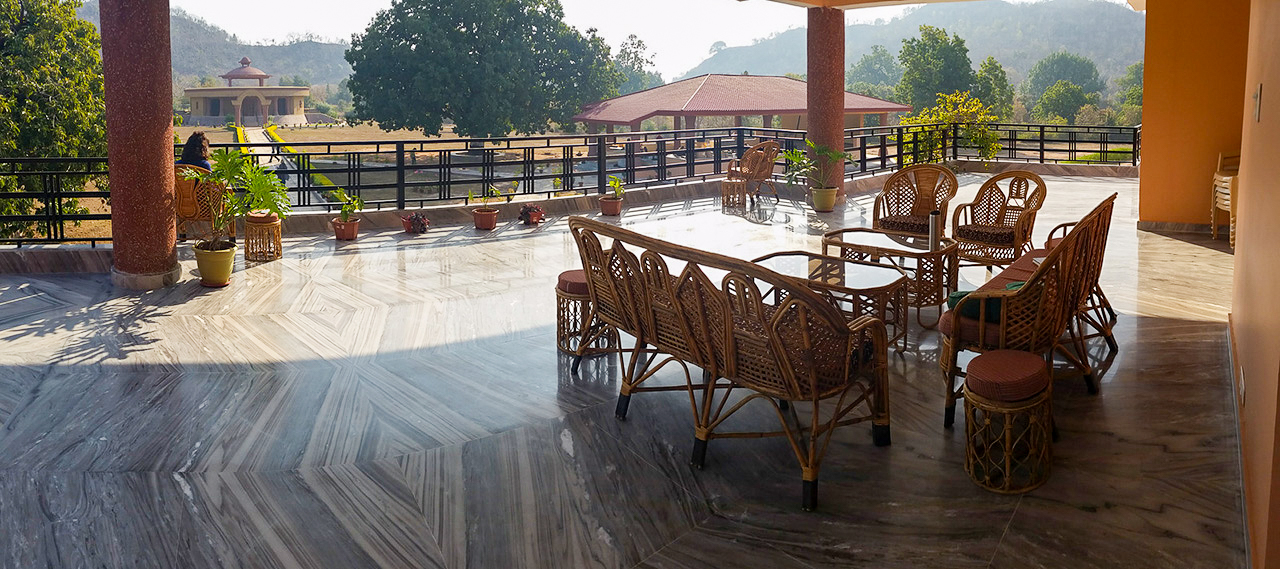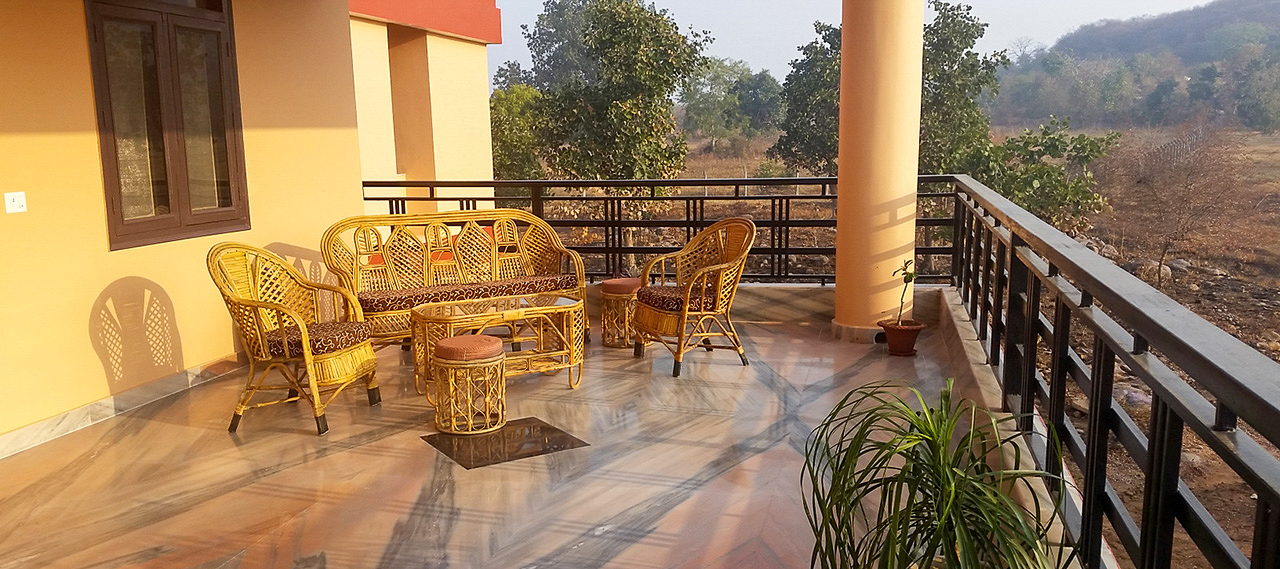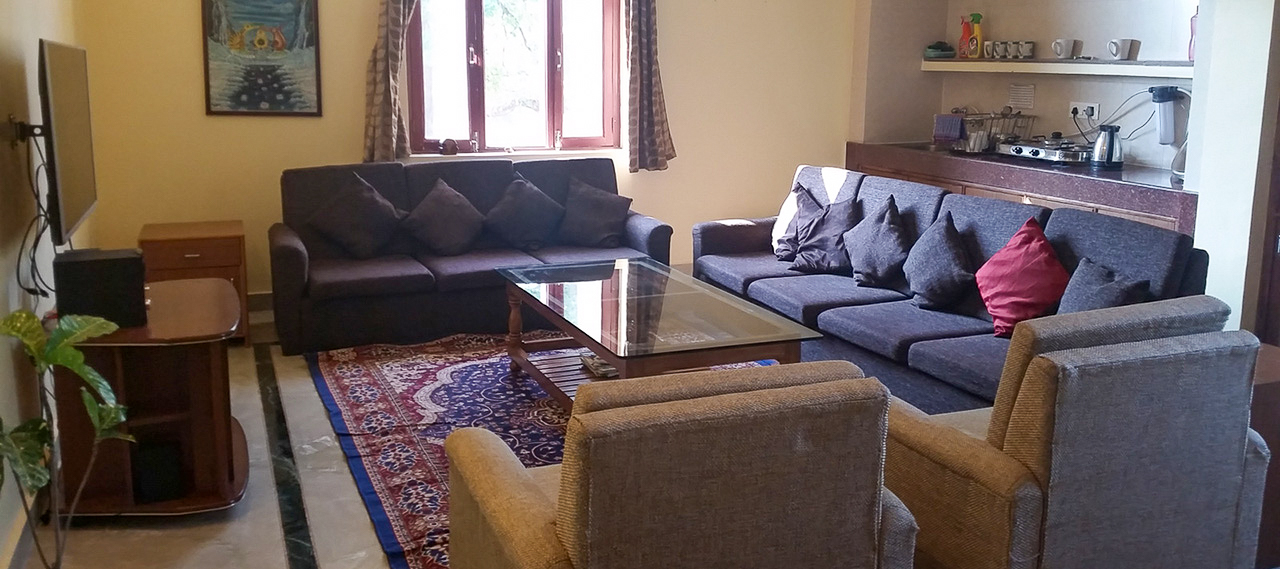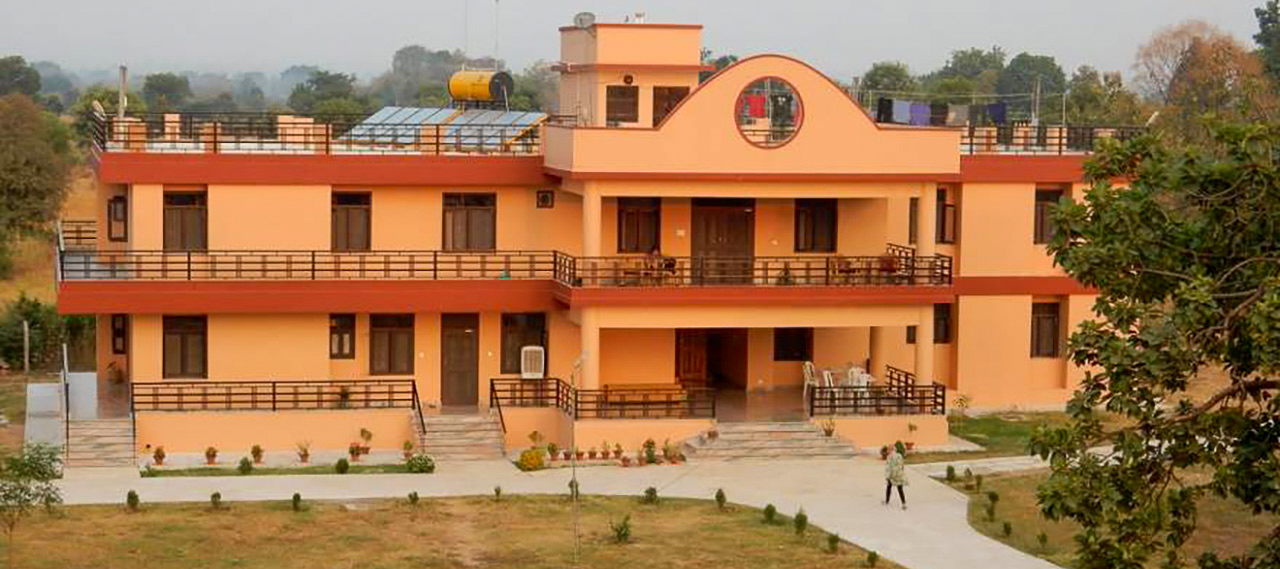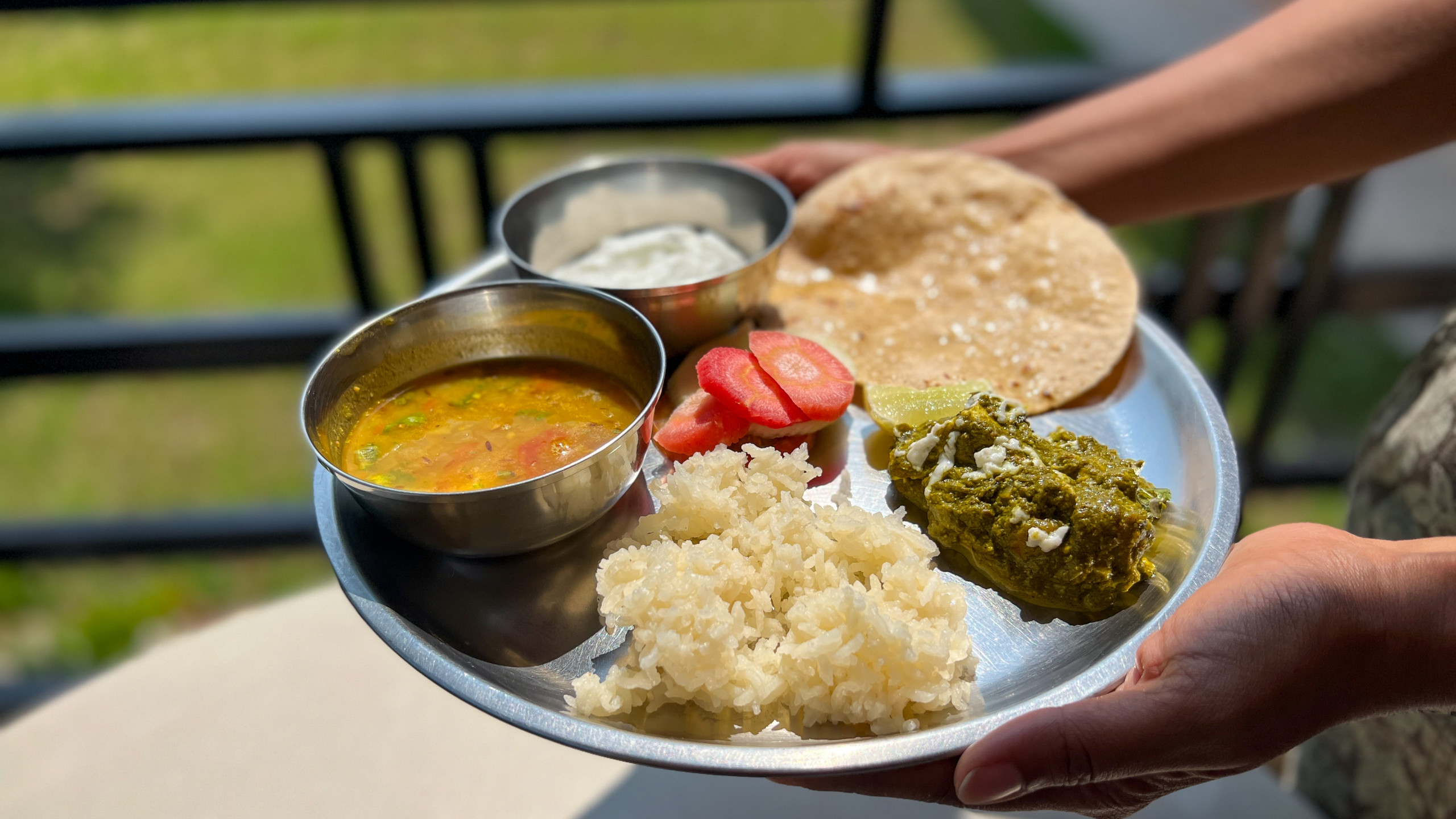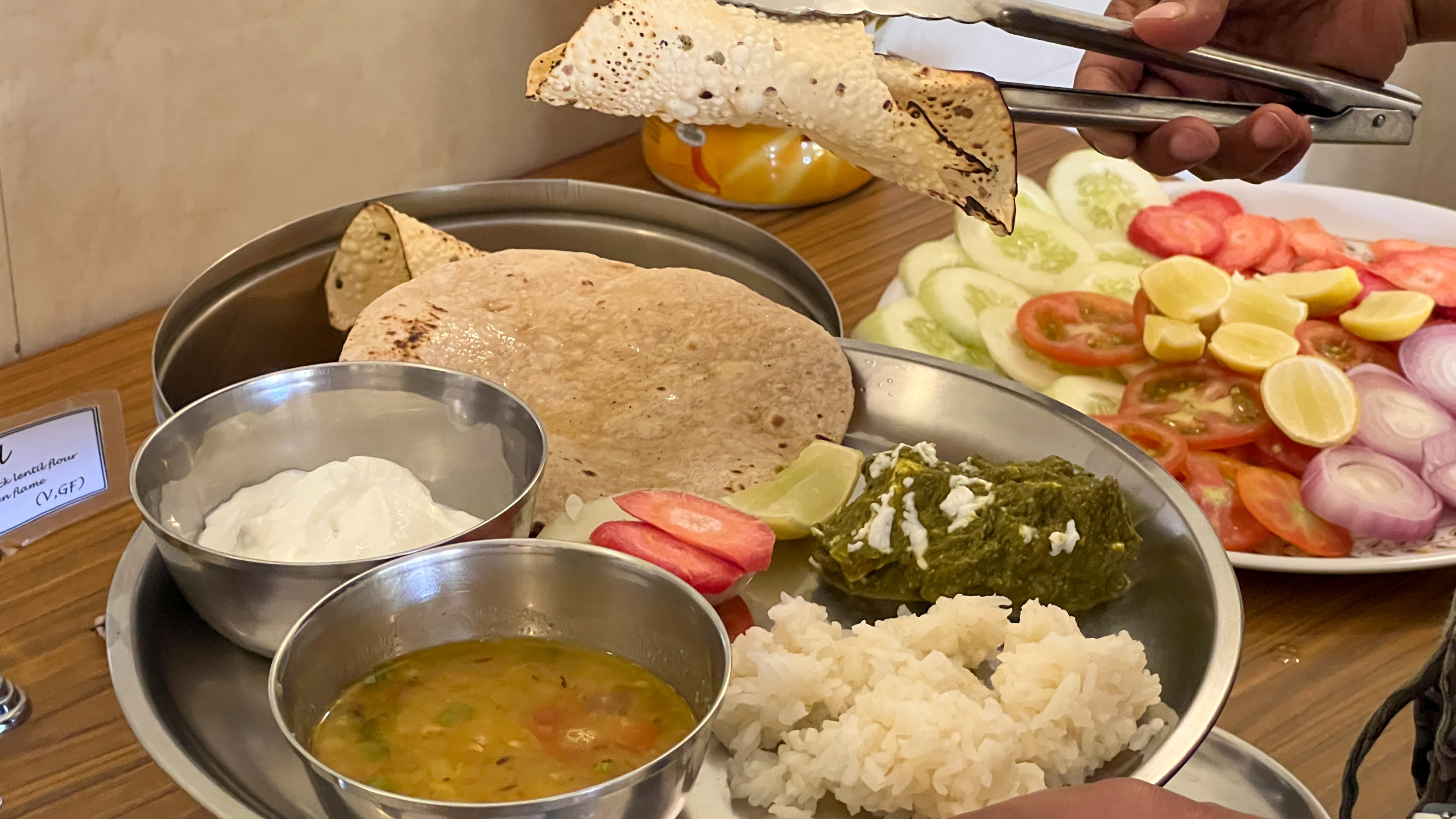We invite you to join us in imbibing the shakti of the Sri Vidya Shrine at our Khajuraho campus, which is now unimaginably stunning, energetic, luscious, and magical. Come and see for yourself how it feels to practice in an environment that innately exudes the energy we need for an instantaneous experience. KSI 2023 consists of three immersions with the underlying theme, “Practice, Practice, Practice.”
This is a rare opportunity to deepen your practice and connection with the living tradition of the Himalayan Masters by infusing your mind and heart with the stability, peace and inner illumination that fills this sacred space. The Sri Vidya Shrine in Khajuraho resonates with the gift of love and inner peace offered by the masters of the Himalayan Tradition—step back from the modern, fast-paced, chaotic world to take in a life changing experience that will help you find lasting fulfillment.
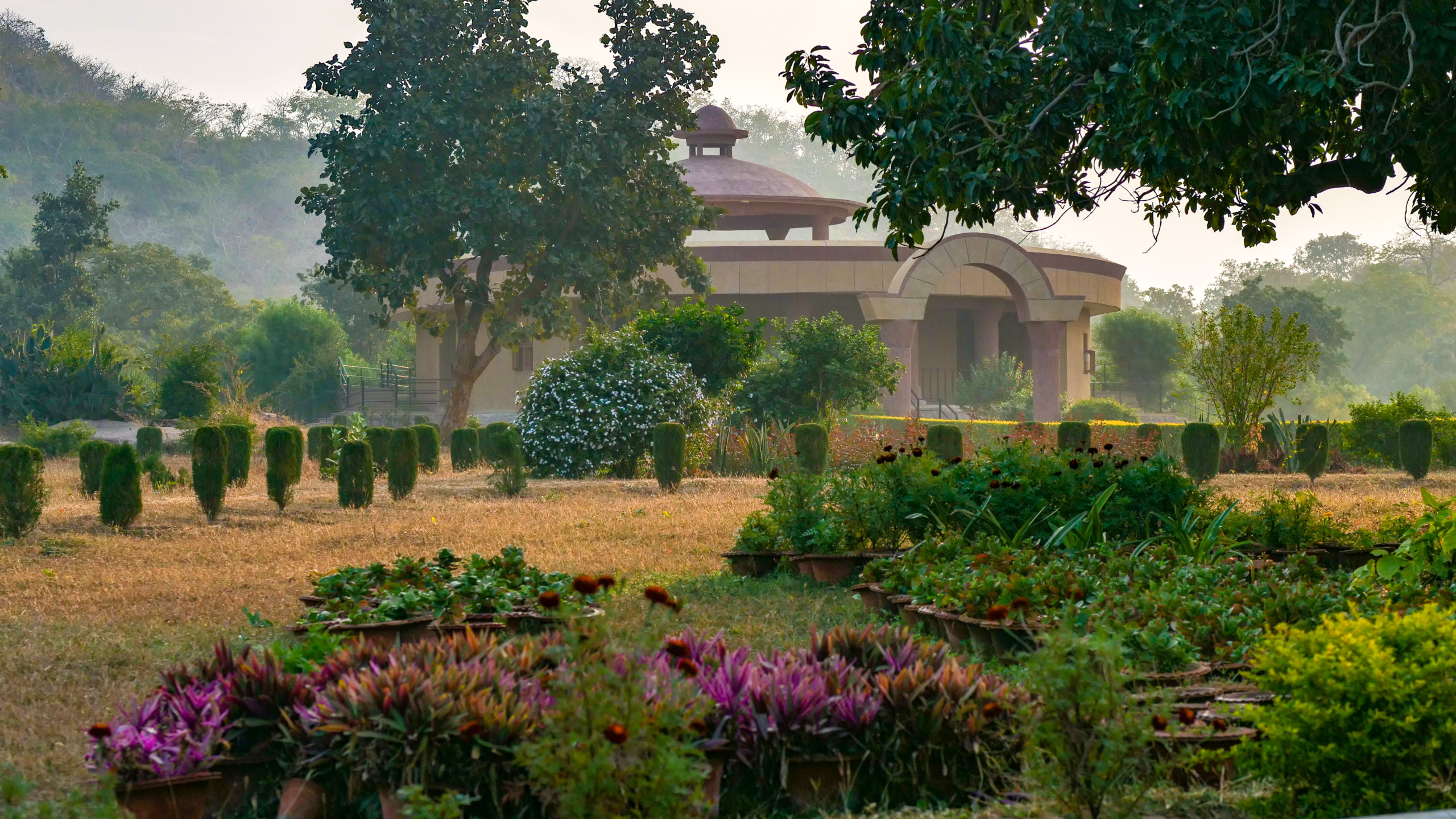
Excursion Overview
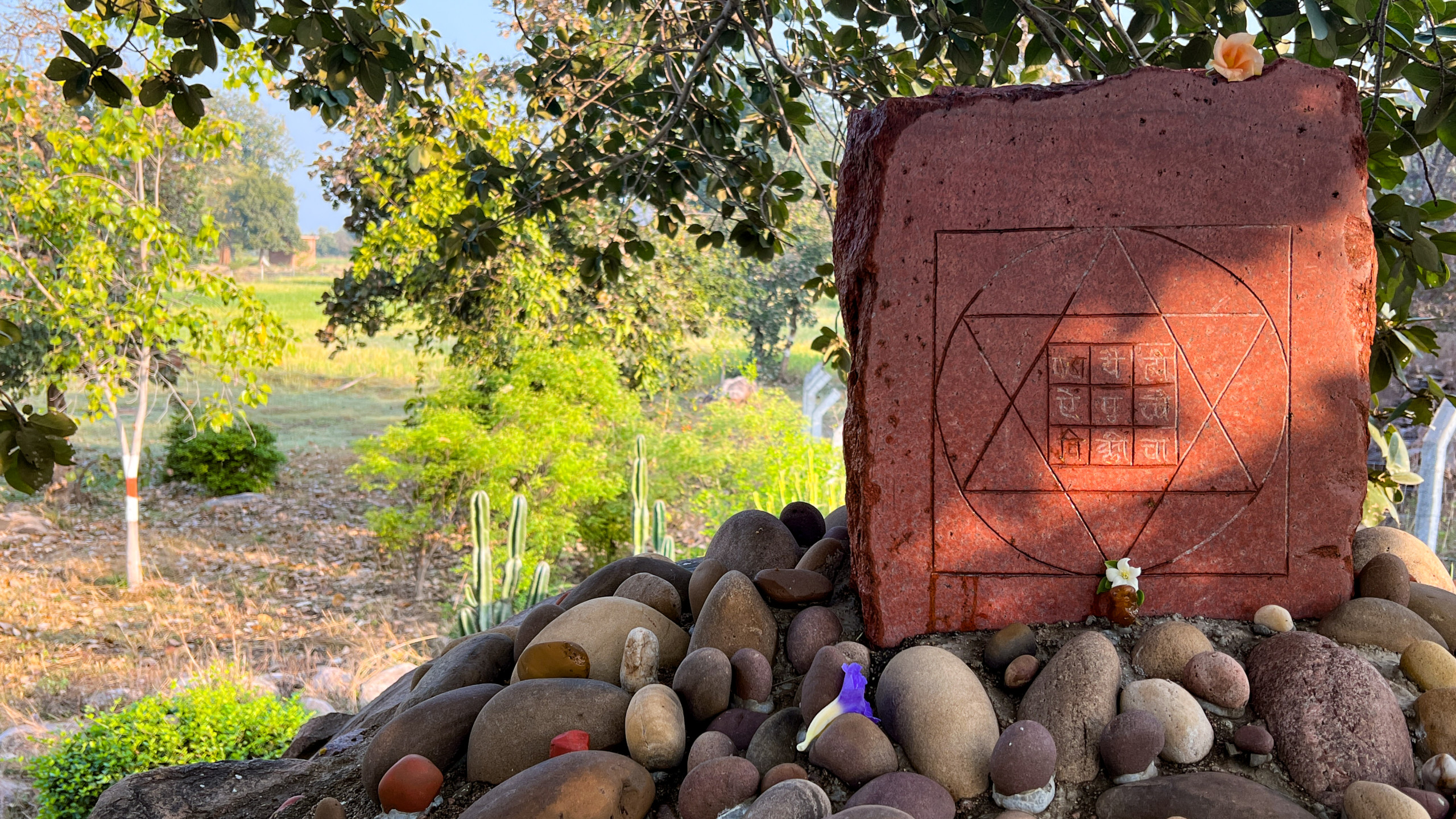

All KSI immersions will feature:
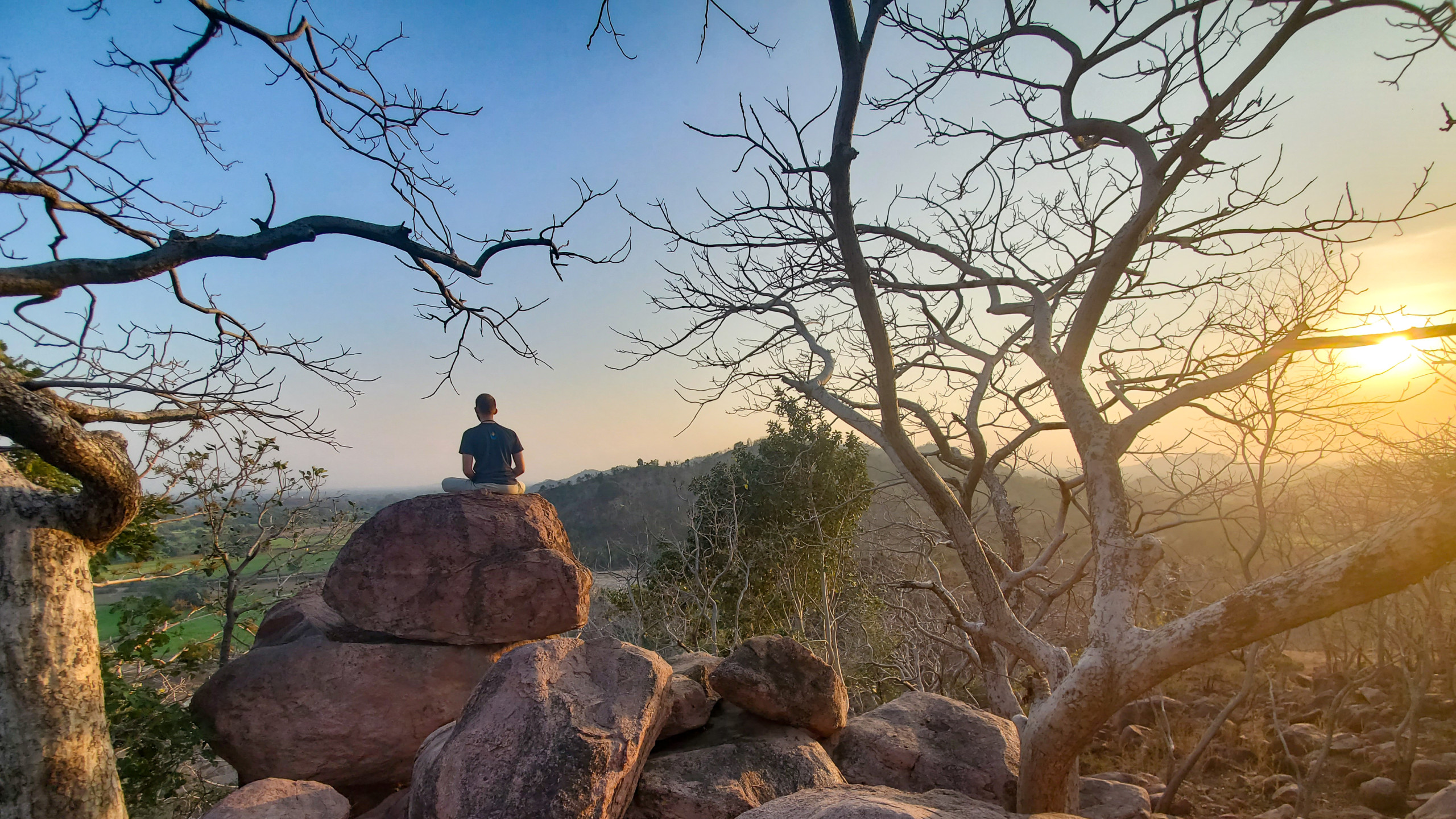

General Daily Schedule
Varies by Immersion
About Our Campus
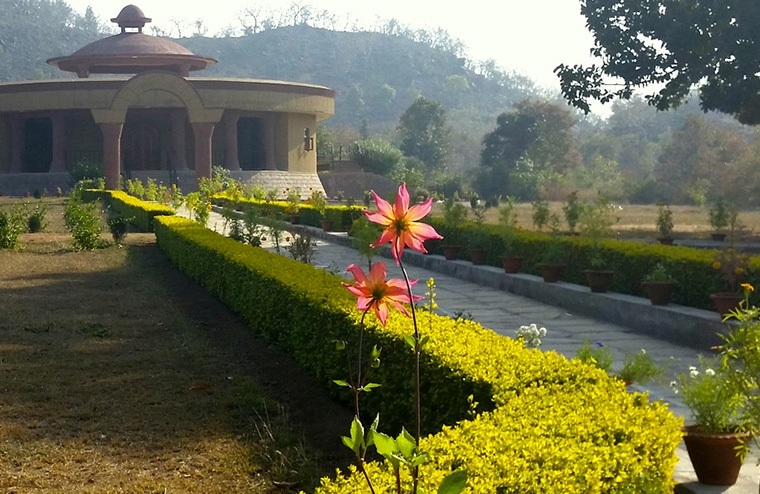
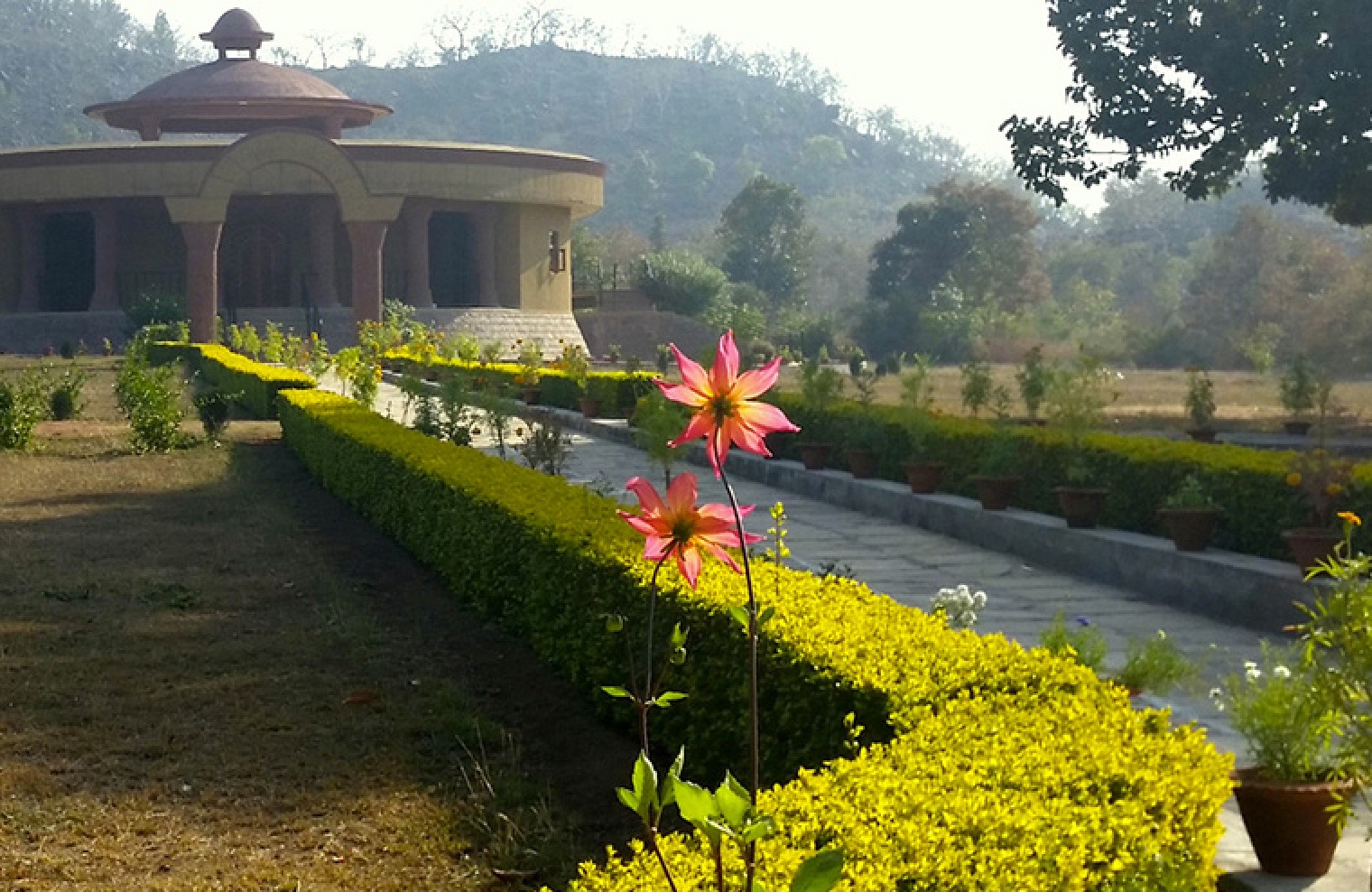
Himalayan Institute Khajuraho
The Institute’s 30-acre campus in Khajuraho, a stronghold of tantric practices and UNESCO World Heritage Site, is the ideal setting for practice. Surrounded by hills and forest preserves, it is blessed with natural beauty and tranquility. Here you will experience heaven on earth. The Sri Vidya Shrine awaits you in this idyllic setting.
Key amenities are provided for your comfort:
Excursion Leaders & Faculty
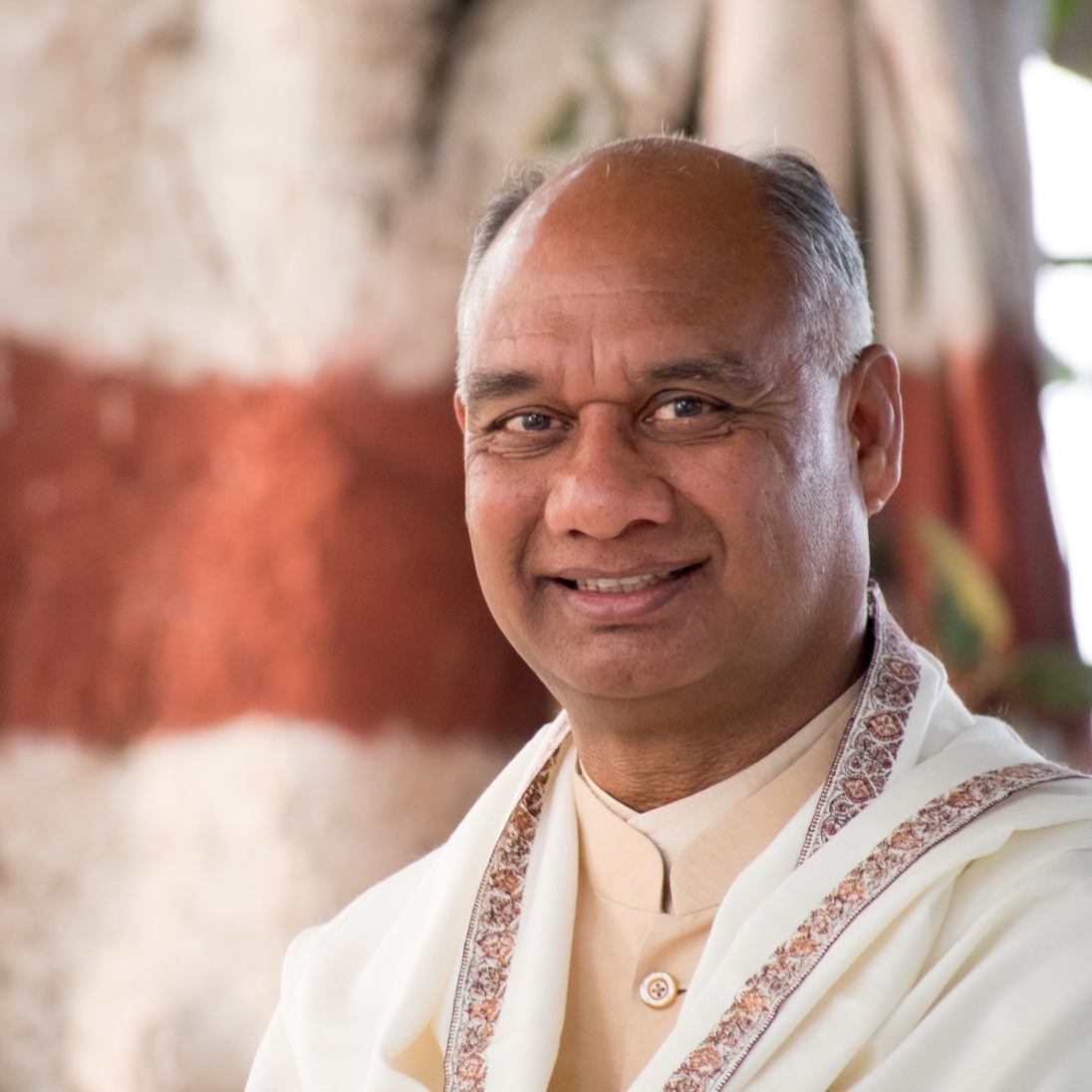
About Pandit Rajmani Tigunait, PhD
Spiritual head of the Himalayan Institute, Pandit Tigunait is the successor of Swami Rama of the Himalayas. Lecturing and teaching worldwide for more than a quarter of a century, he is the author of fourteen books, including his autobiography Touched by Fire: The Ongoing Journey of a Spiritual Seeker, the bestselling At the Eleventh Hour: The Biography of Swami Rama of the Himalayas and a regular contributor to YogaInternational.com.
Pandit Tigunait holds two doctorates: one in Sanskrit from the University of Allahabad in India, and another in Oriental Studies from the University of Pennsylvania. Family tradition gave Pandit Tigunait access to a vast range of spiritual wisdom preserved in both the written and oral traditions. Before meeting his master, Pandit Tigunait studied Sanskrit, the language of the ancient scriptures of India, as well as the languages of the Buddhist, Jaina, and Zorastrian traditions. In 1976, Swami Rama ordained Pandit Tigunait into the 5,000-year-old lineage of the Himalayan Masters.

Ishan Tigunait—Faculty
Ishan serves as Executive Director of the Himalayan Institute and has been a driving force for the Institute’s humanitarian projects in Africa and mission programs in India over the past decade. Ishan’s passion is sharing modern reflections on the ancient wisdom of the yogic and tantric traditions. As a Himalayan Institute faculty member, he is a lead teacher for the Institute’s Vishoka Meditation and teacher training offerings, as well as annual pilgrimages to India and the Himalayas.

Ransom Hare—Excursion Leader and Faculty
Ransom has been actively involved in Himalayan Institute excursions and since 2012, leading groups across India and the Himalayas. He has a passion for exploring sacred spaces and learning how they can be a catalyst for deep transformation. For over 11 years Ransom has been practicing and studying Yoga with the Himalayan Institute, and in 2018 completed his 500 hour teacher training. He also has a degree in Organizational management from UNC Charlotte.

Alat Shanti Tigunait, Excursion Leader
Alat has been actively involved in the Himalayan Institute’s humanitarian and excursion activities since 2012 and is currently serving as the director of Spiritual Excursions. Her passion for helping others attain their highest potential has fueled her work in connecting spiritual seekers to the sacred spaces of the Himalayan Tradition and her involvement in the Institute’s rural empowerment activities in India and Cameroon, West Africa.
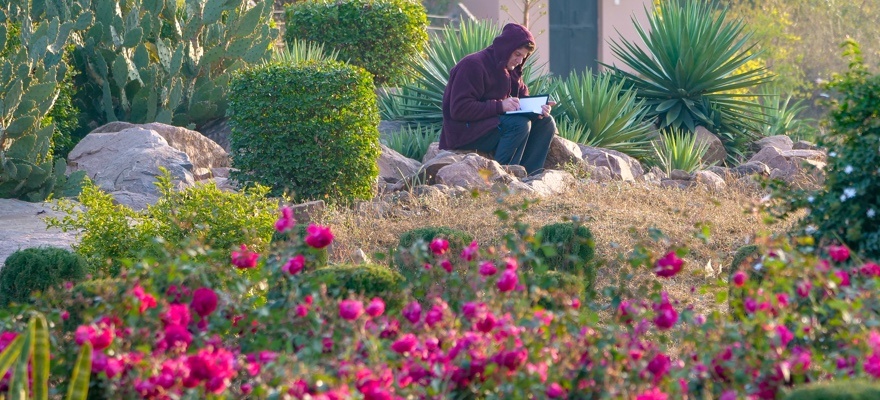
Registration
Registration Information:
Immersion 1 - Sri Sukta Sadhana Stage 2
January 20, 2023 - February 3, 2023
- Early Registration: $2,299-$2,899 (varies by room)
closes July 1, 2022
- Regular Registration: $2,499-$3,099 (varies by room)
closes November 15, 2022
Register Online
Immersion 2 - Mantric Powers & Tantric Rituals
February 5, 2023 - February 17, 2023
- Early Registration: $1,899-$2,699 (varies by room)
closes July 1, 2022
- Regular Registration: $2,099-$2,899 (varies by room)
closes November 30, 2022
Register Online
Immersion 3 - Vishoka Meditation in the Light of Chakras, Kundalini, & Tantra
February 19, 2023 - March 3, 2023
- Early Registration: $1,899-$2,699 (varies by room)
closes July 1, 2022
- Regular Registration: $2,099-$2,899 (varies by room)
closes November 30, 2022
For more information:
- Call: (800) 822-4547 x6
- Email: [email protected]

